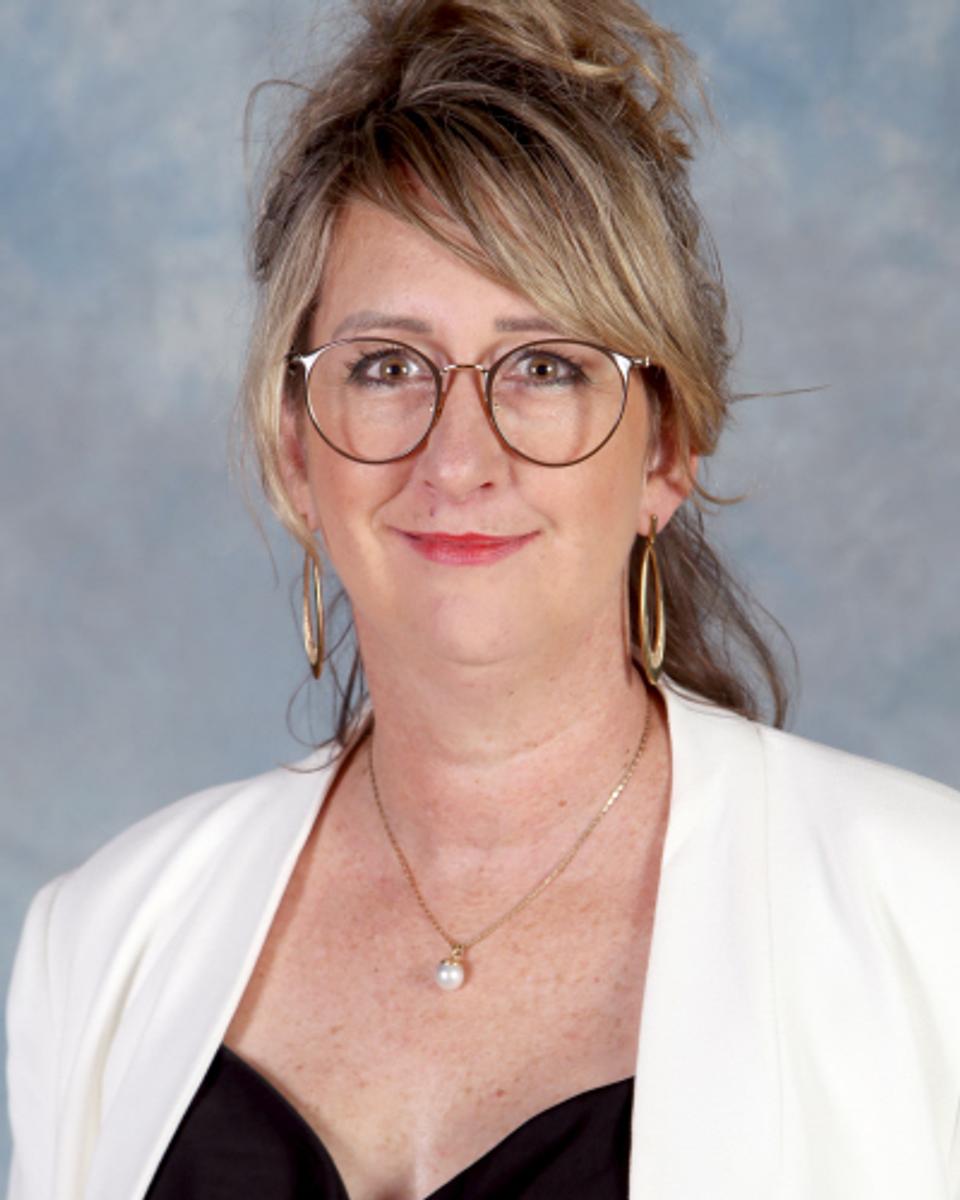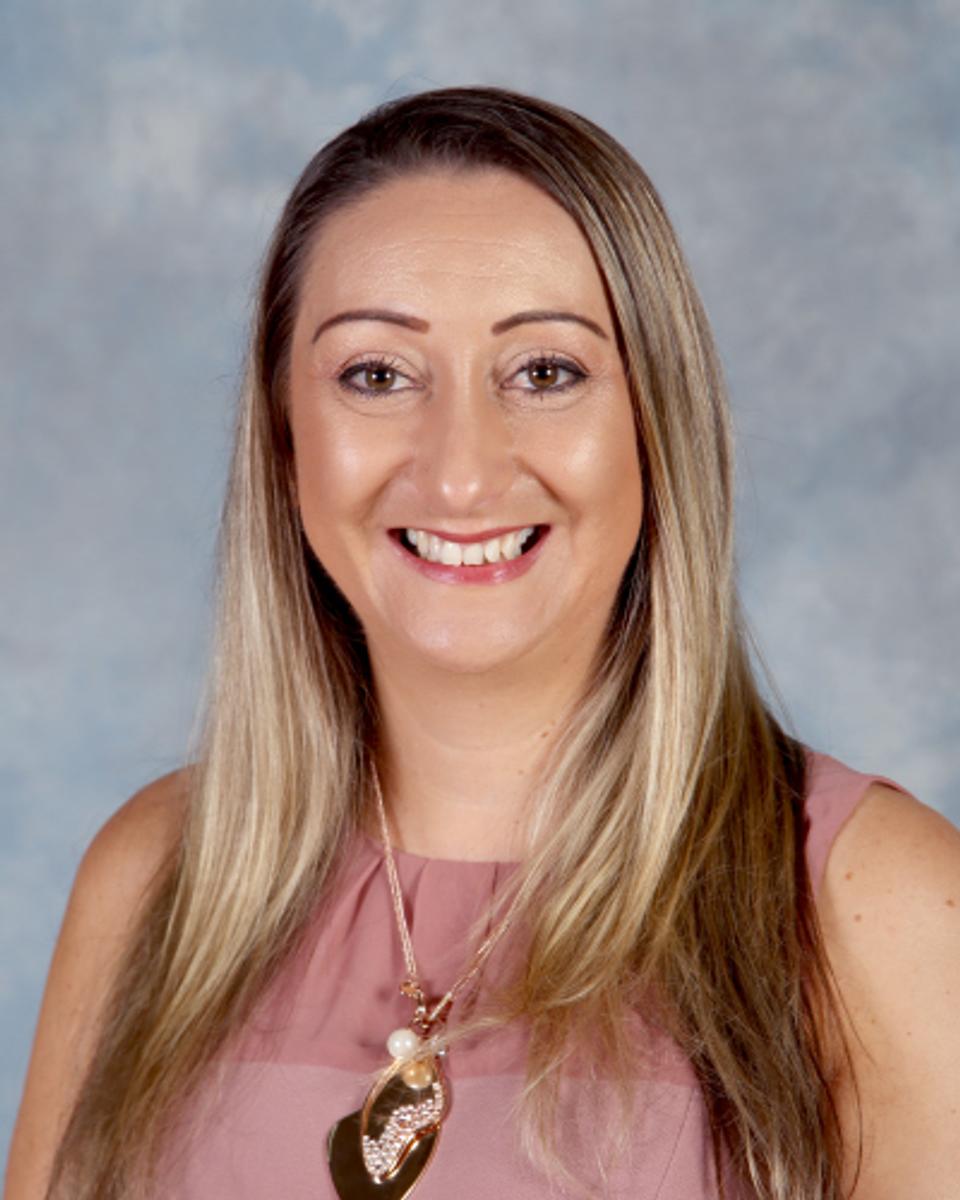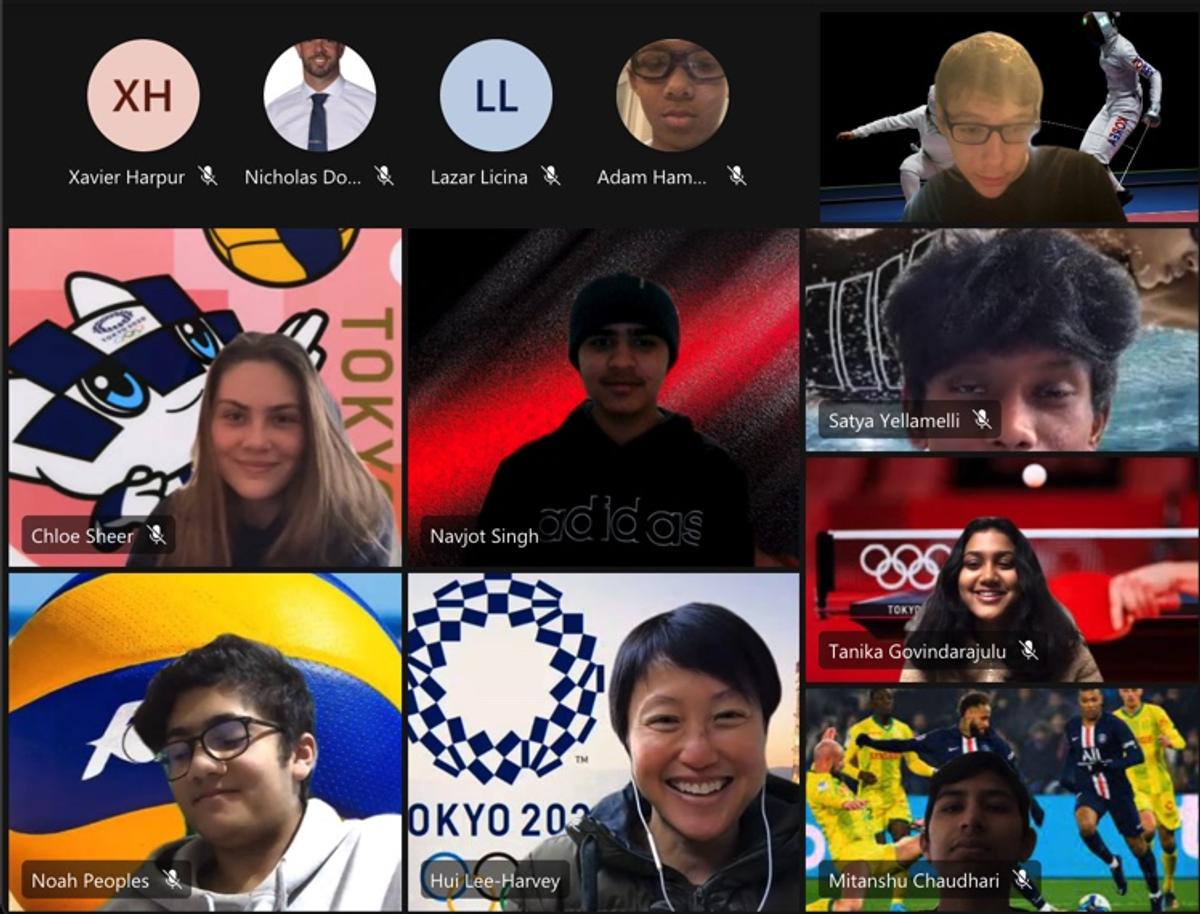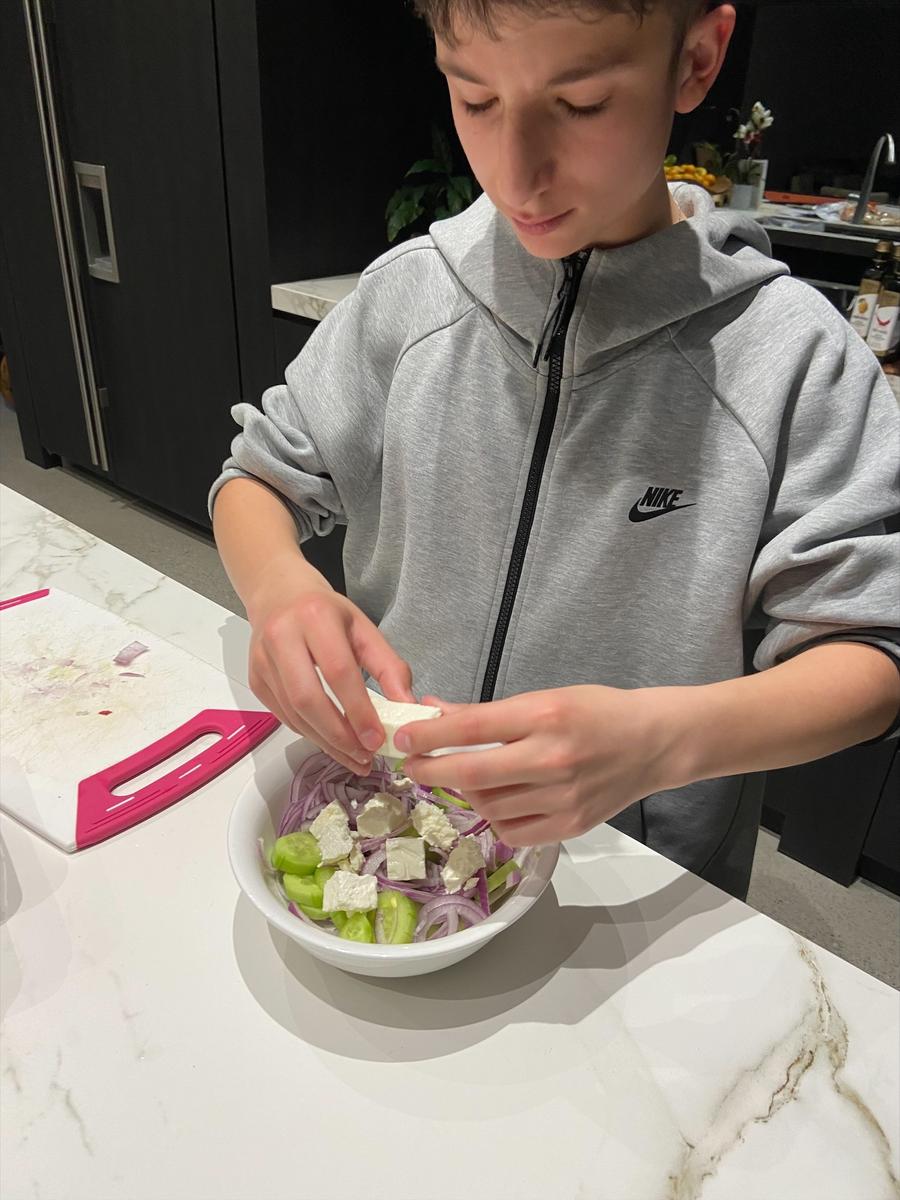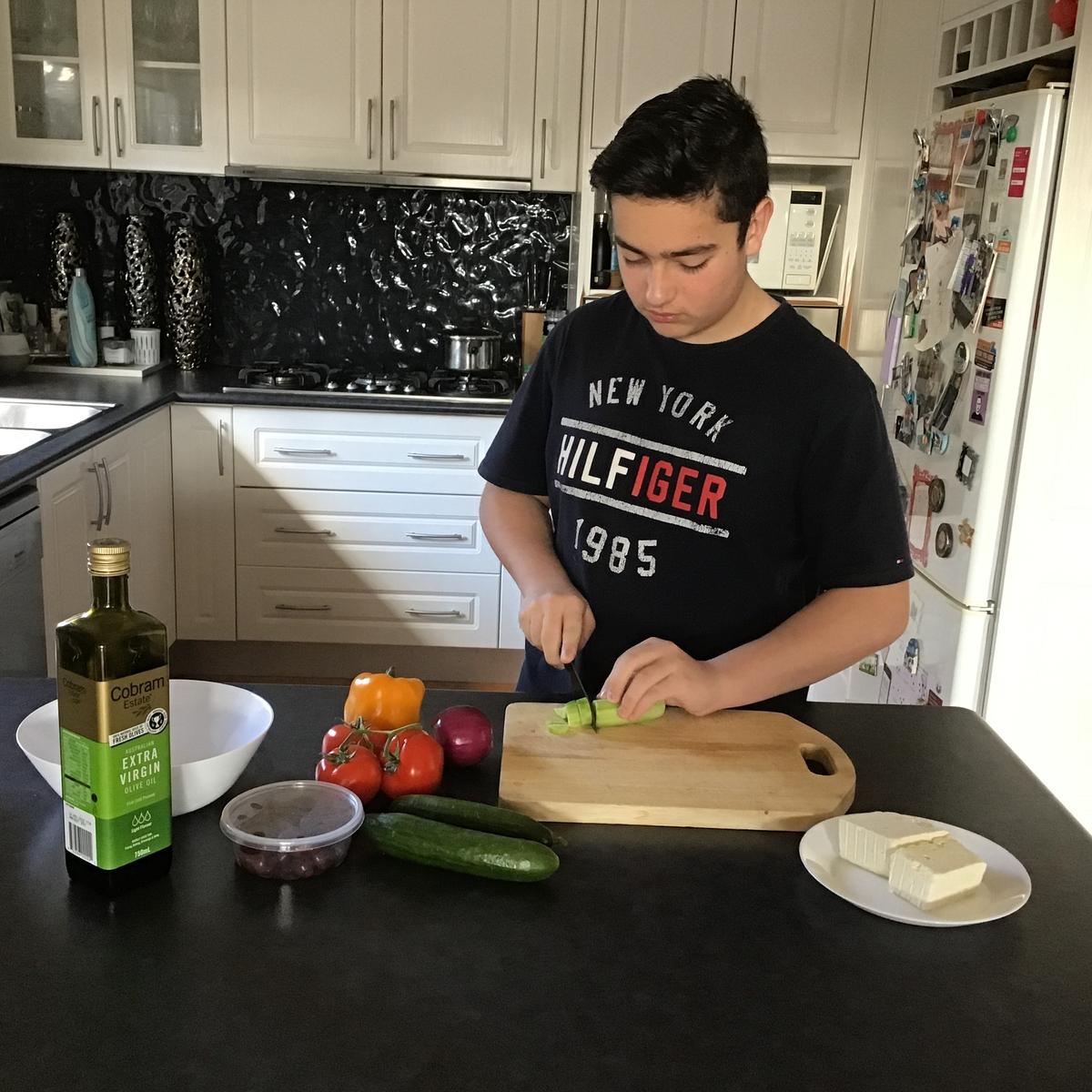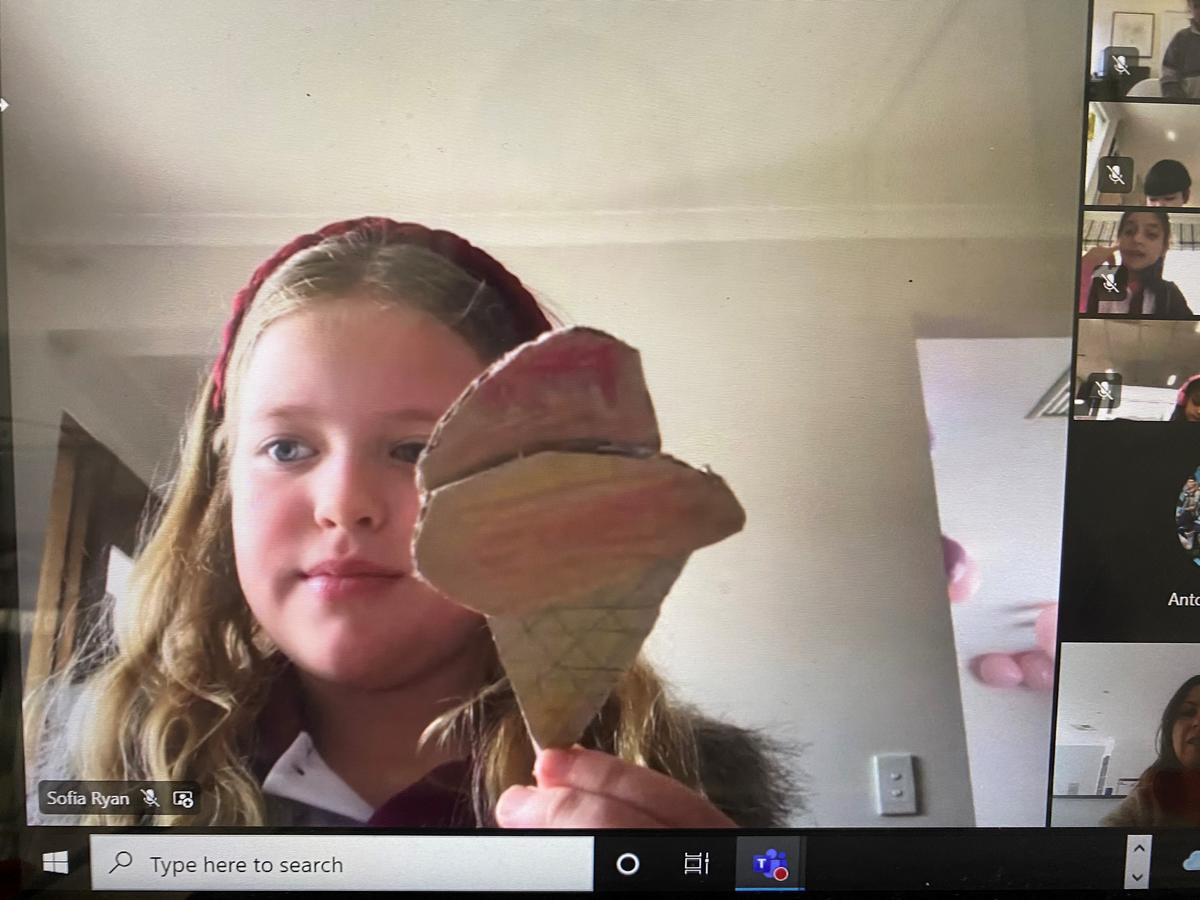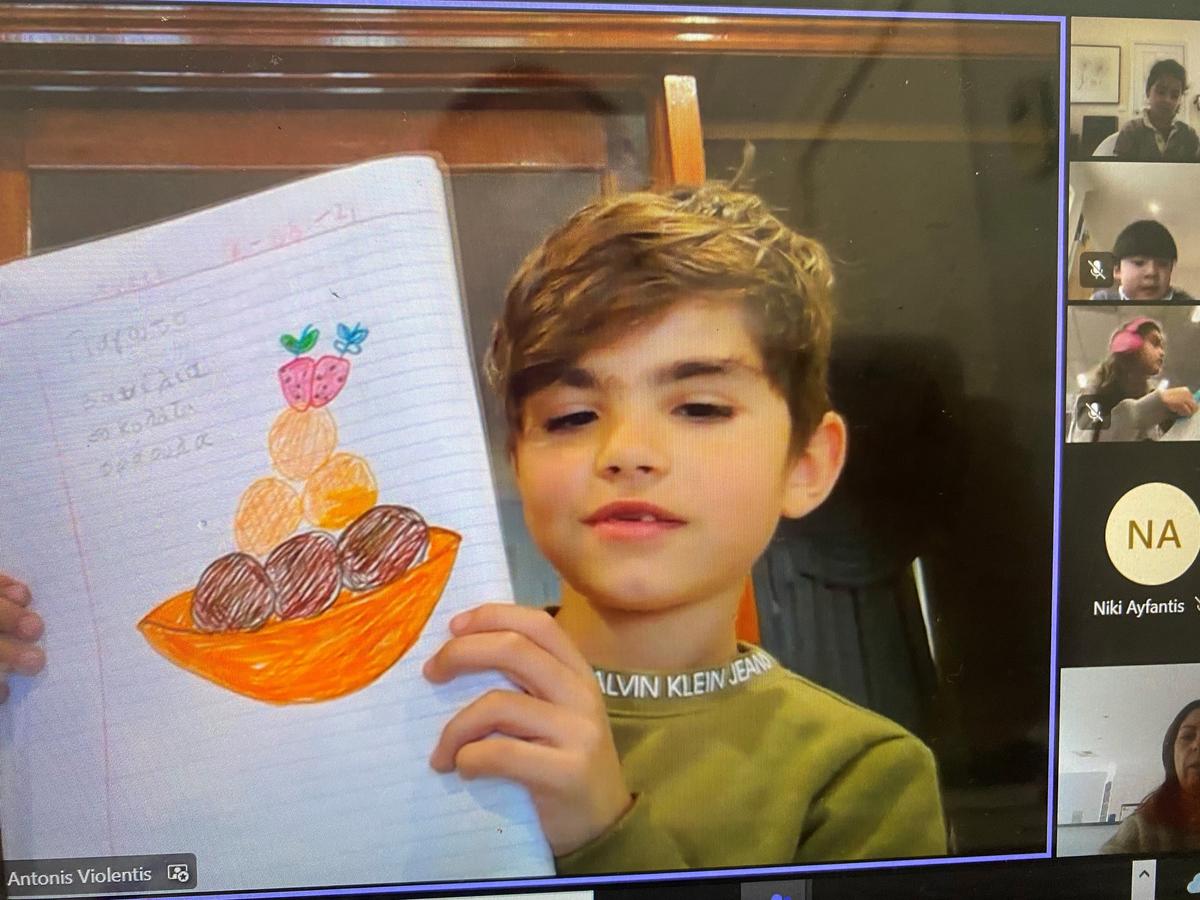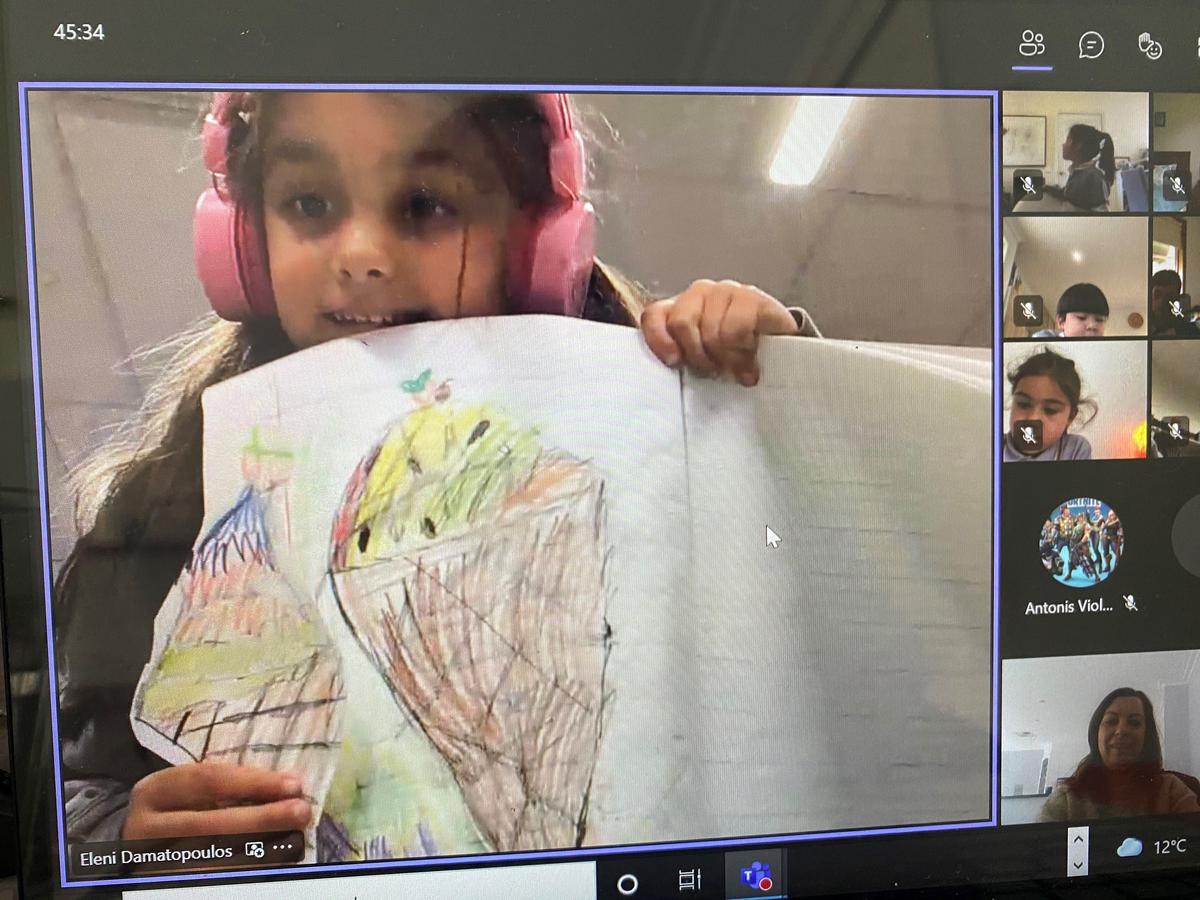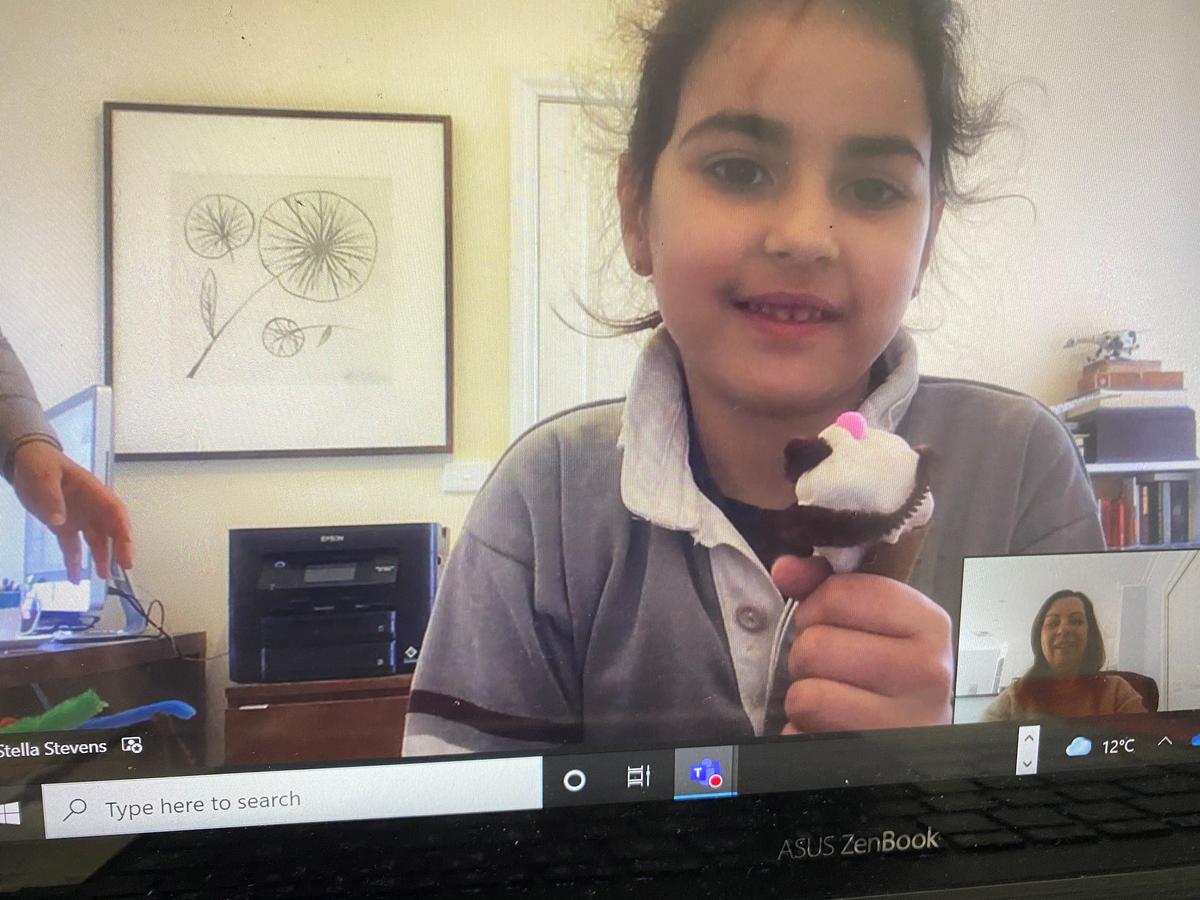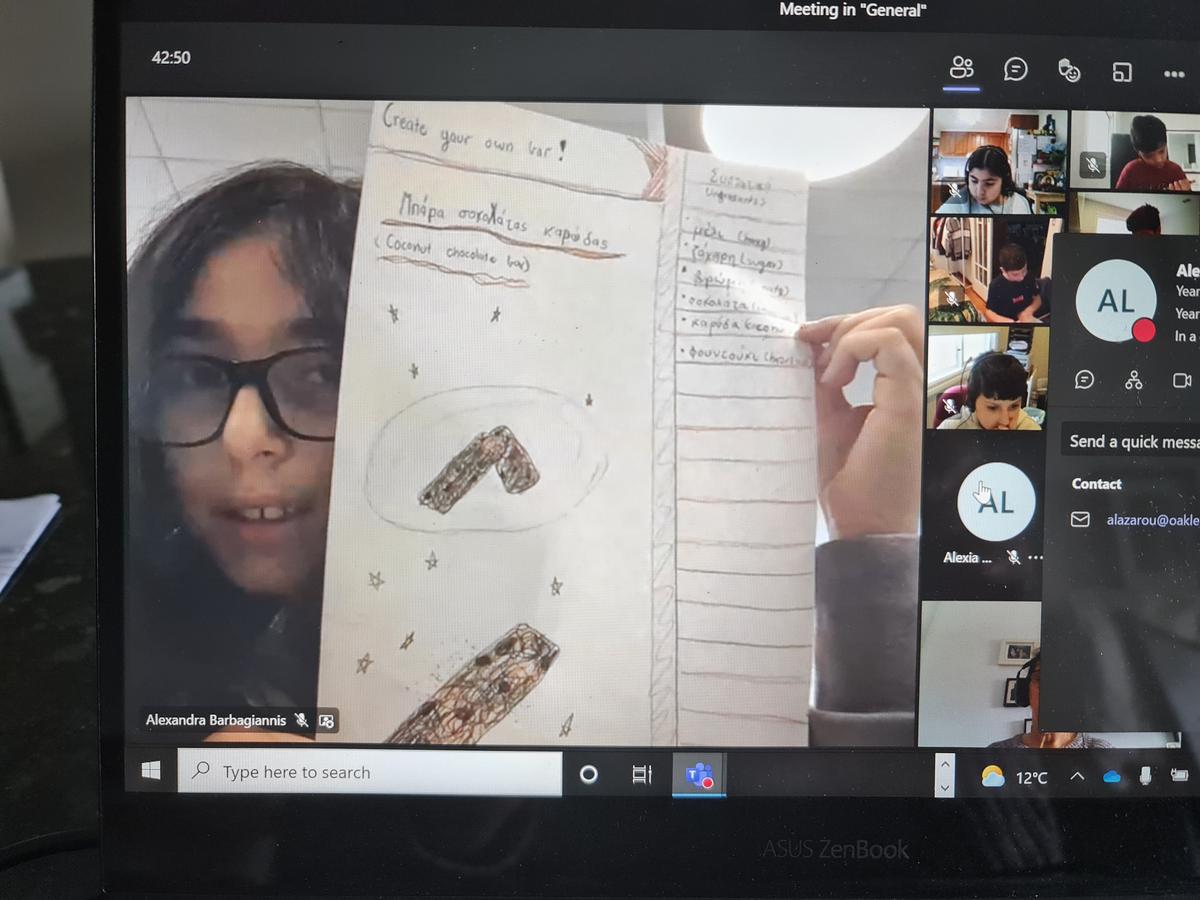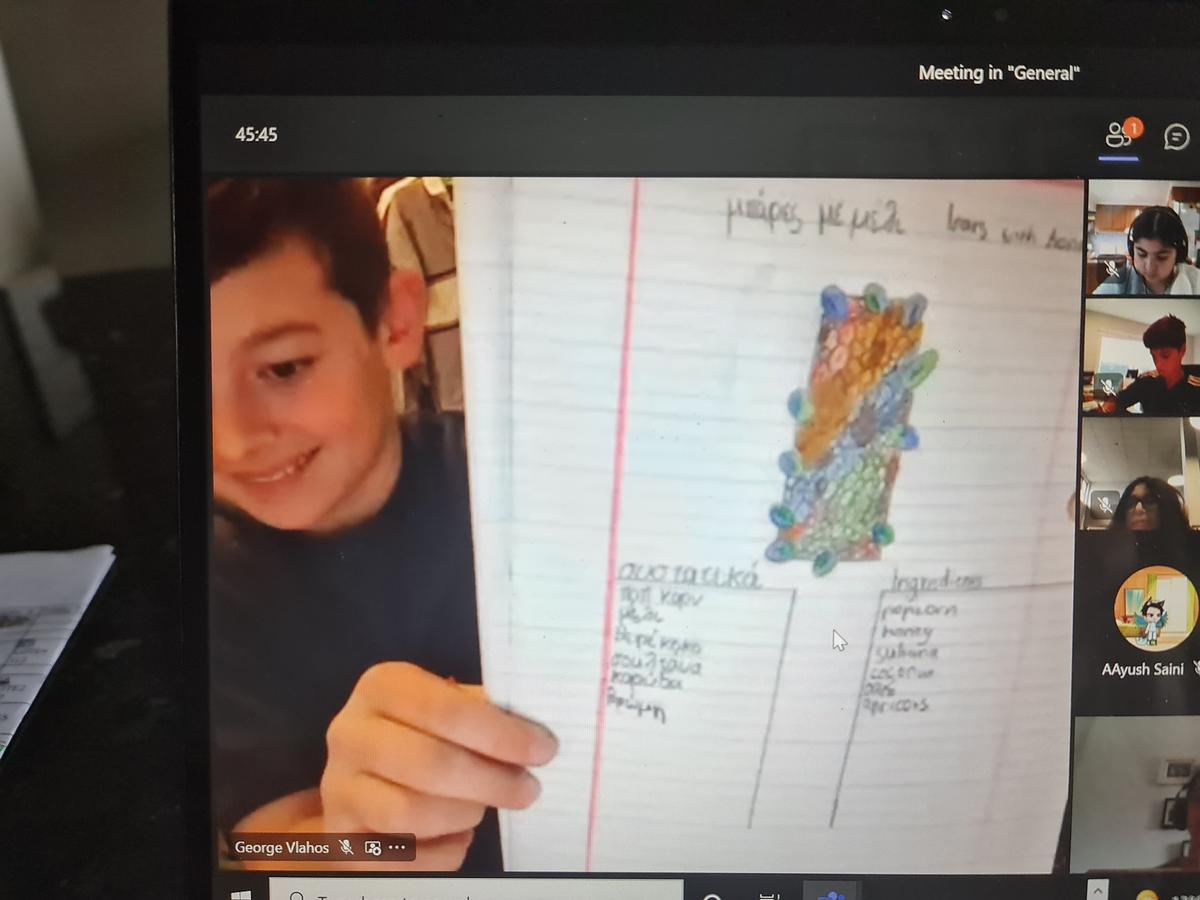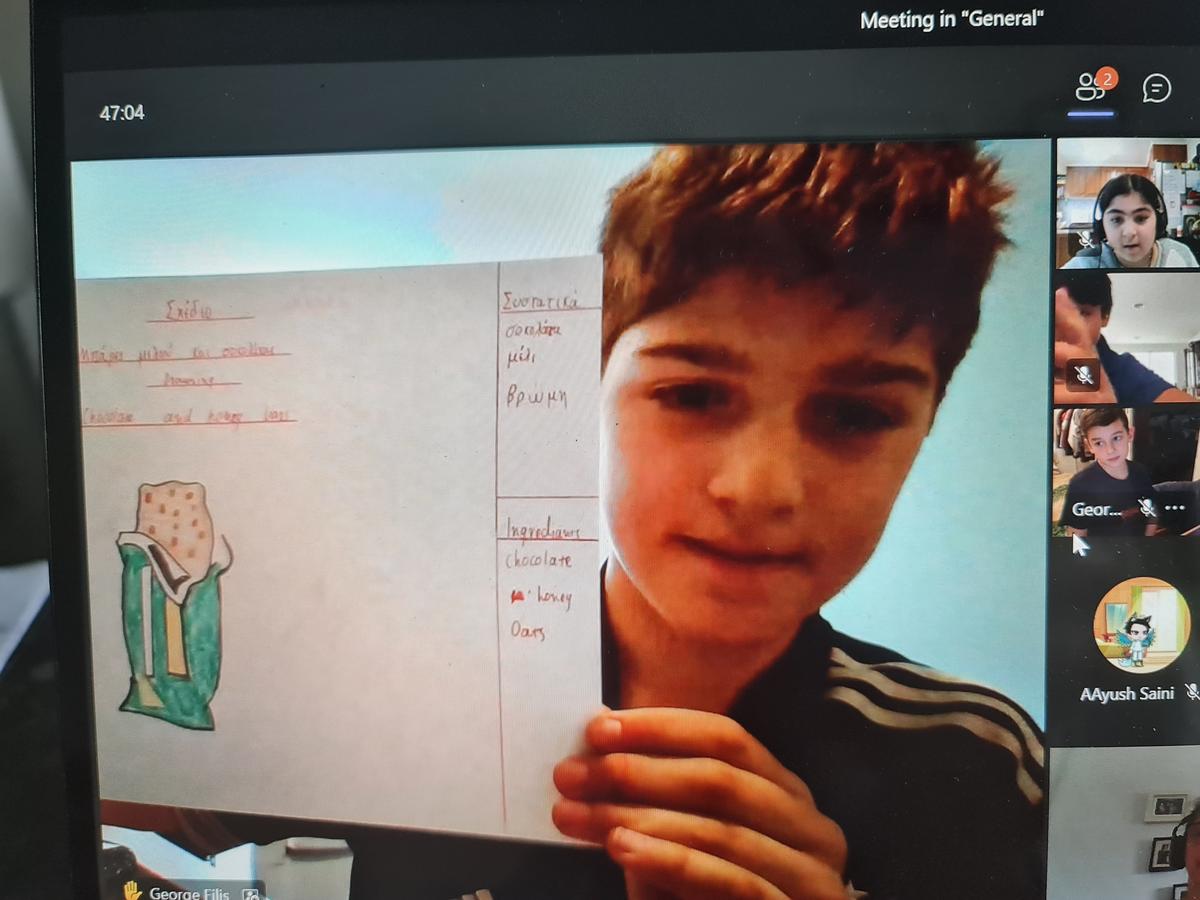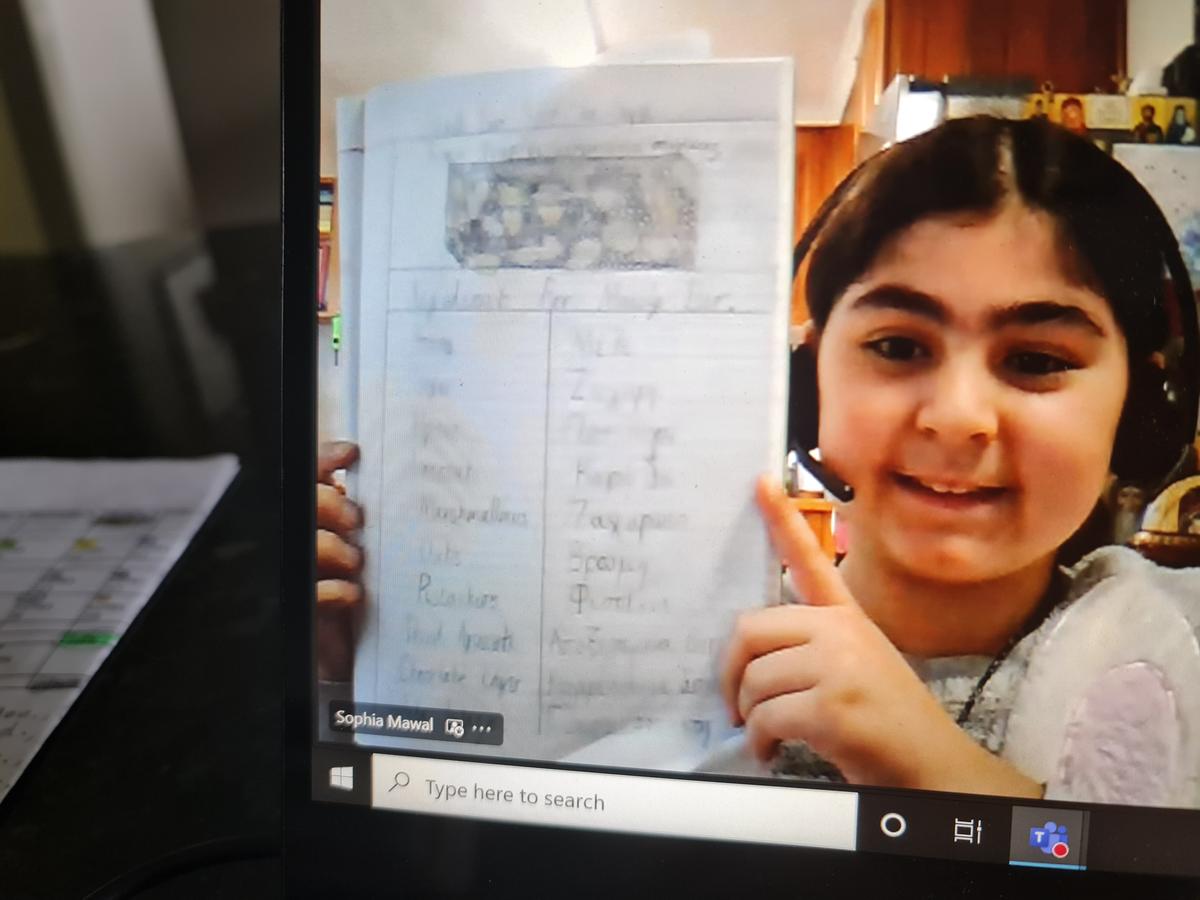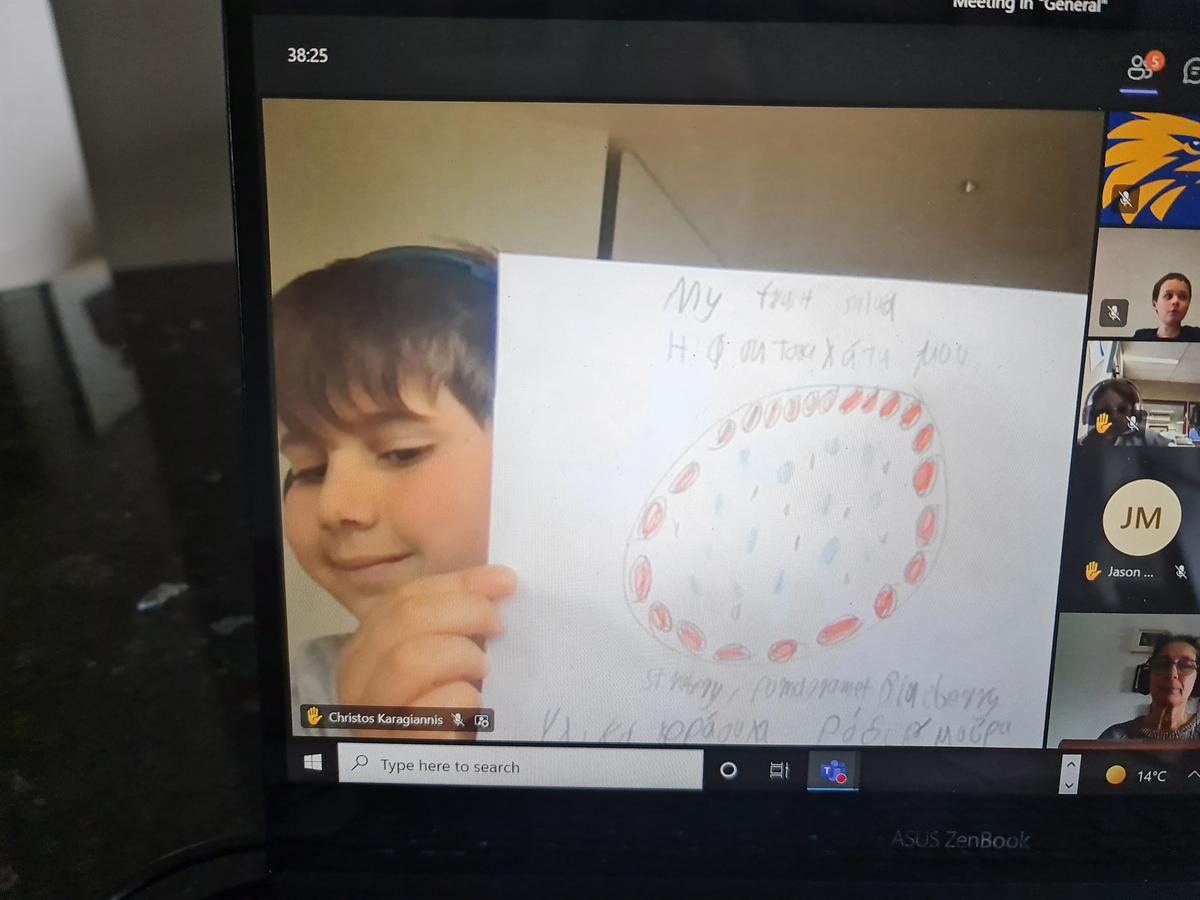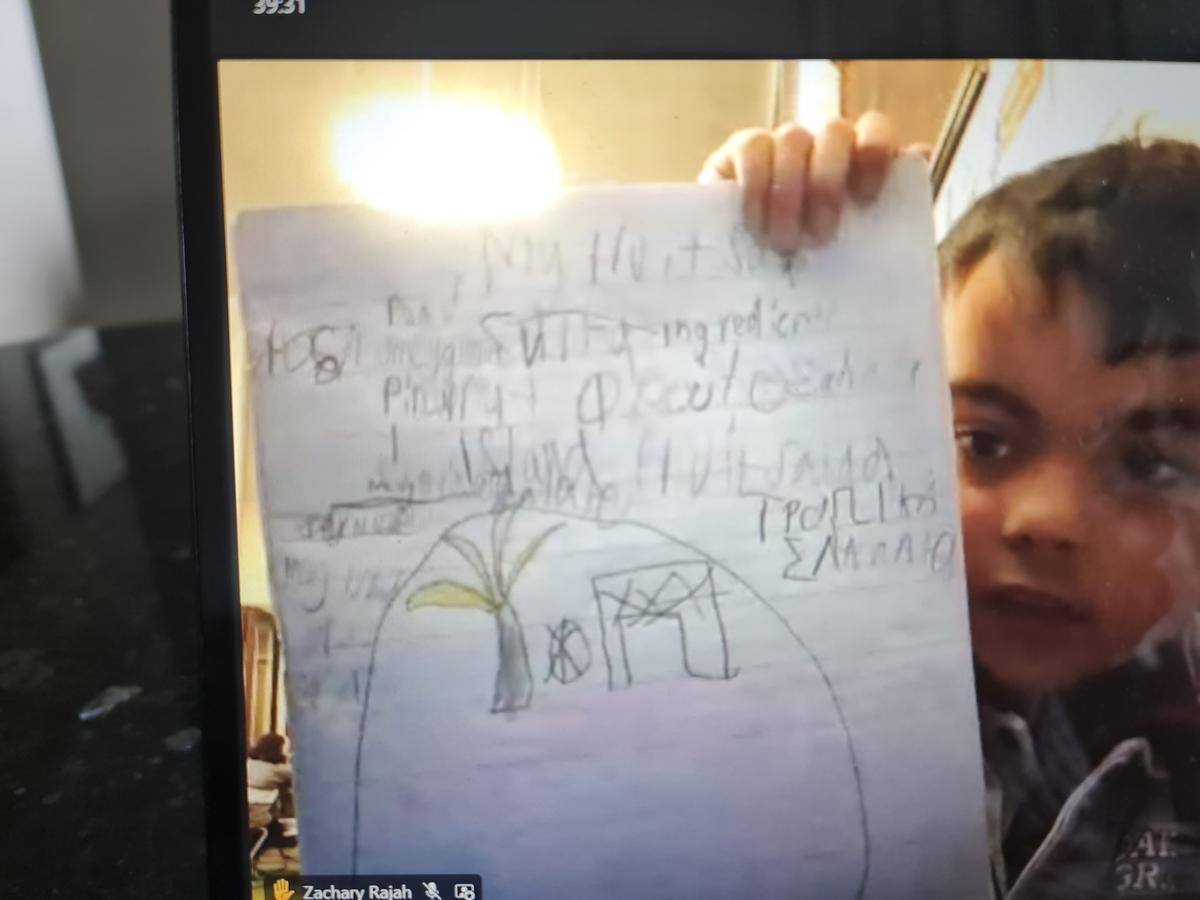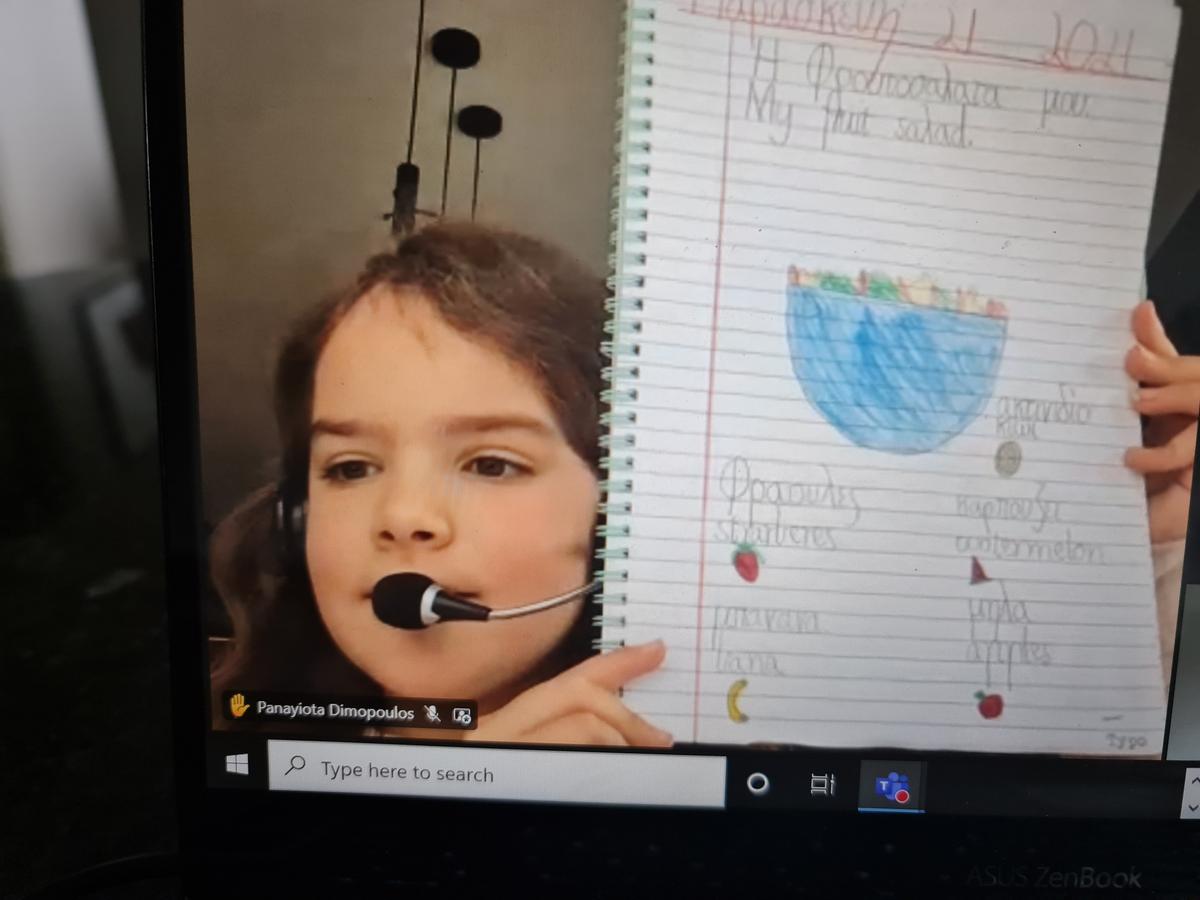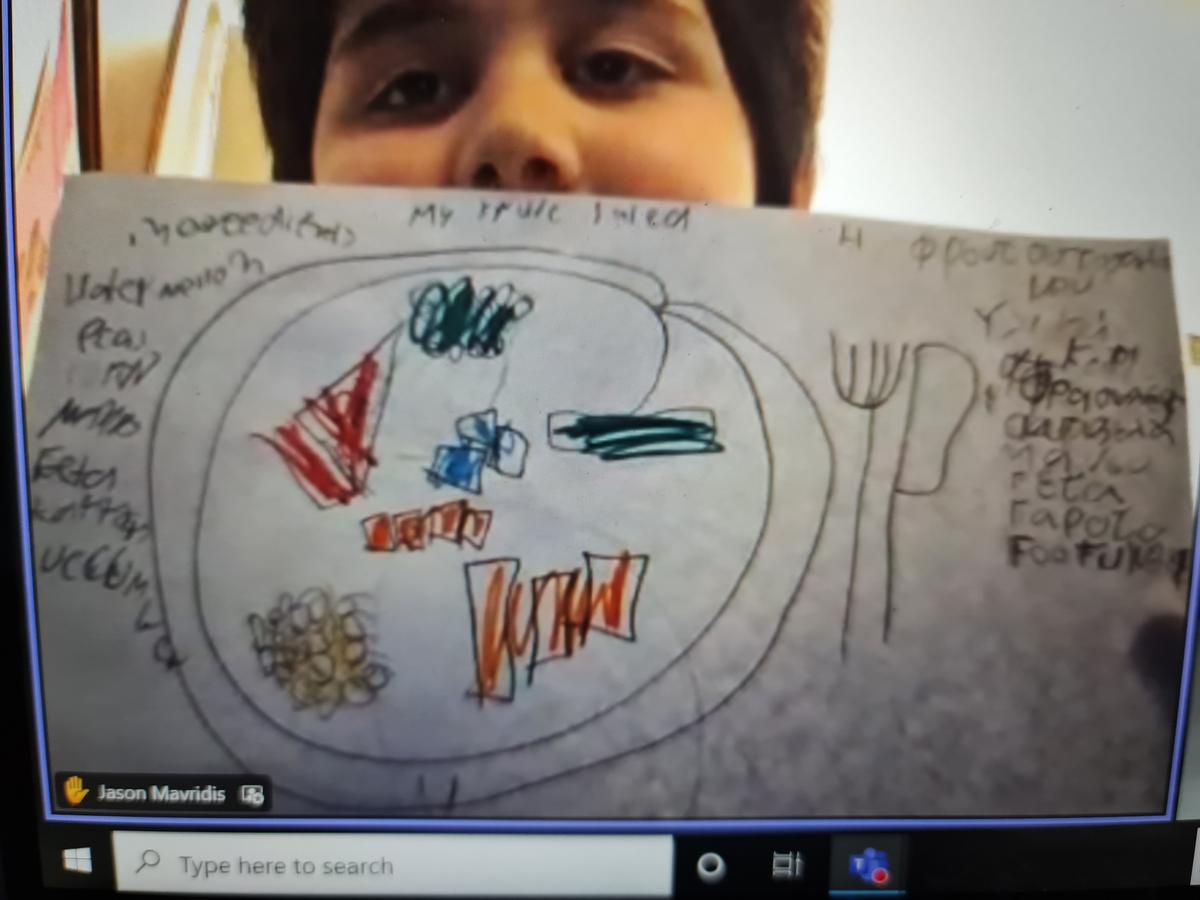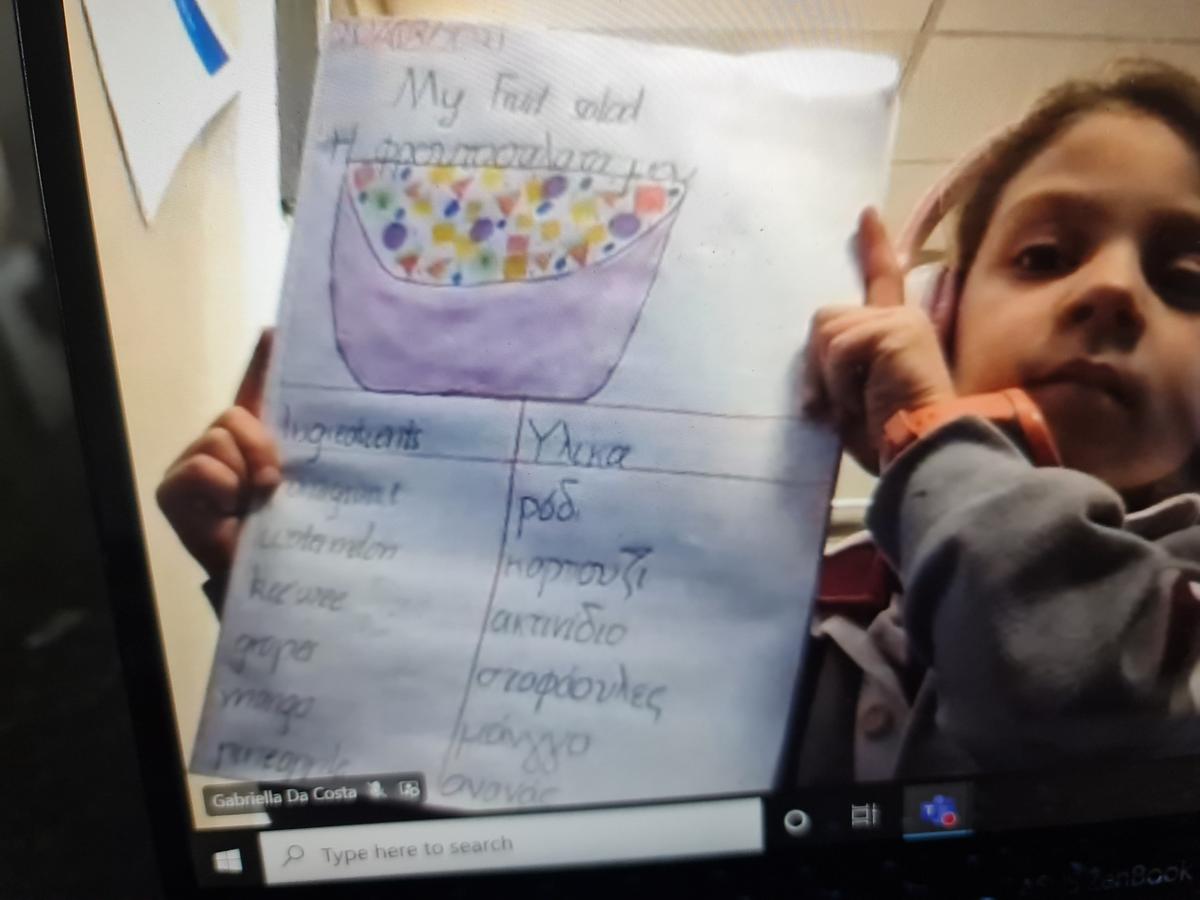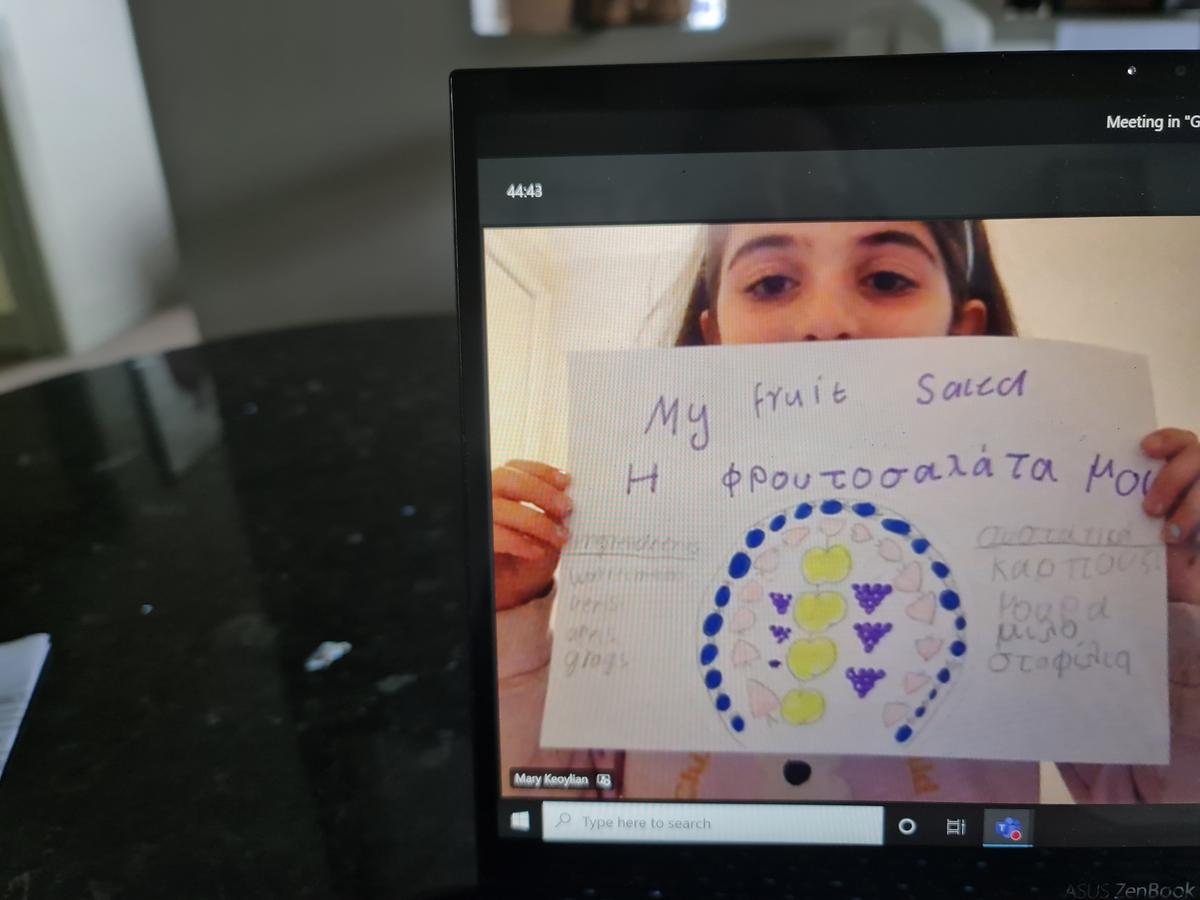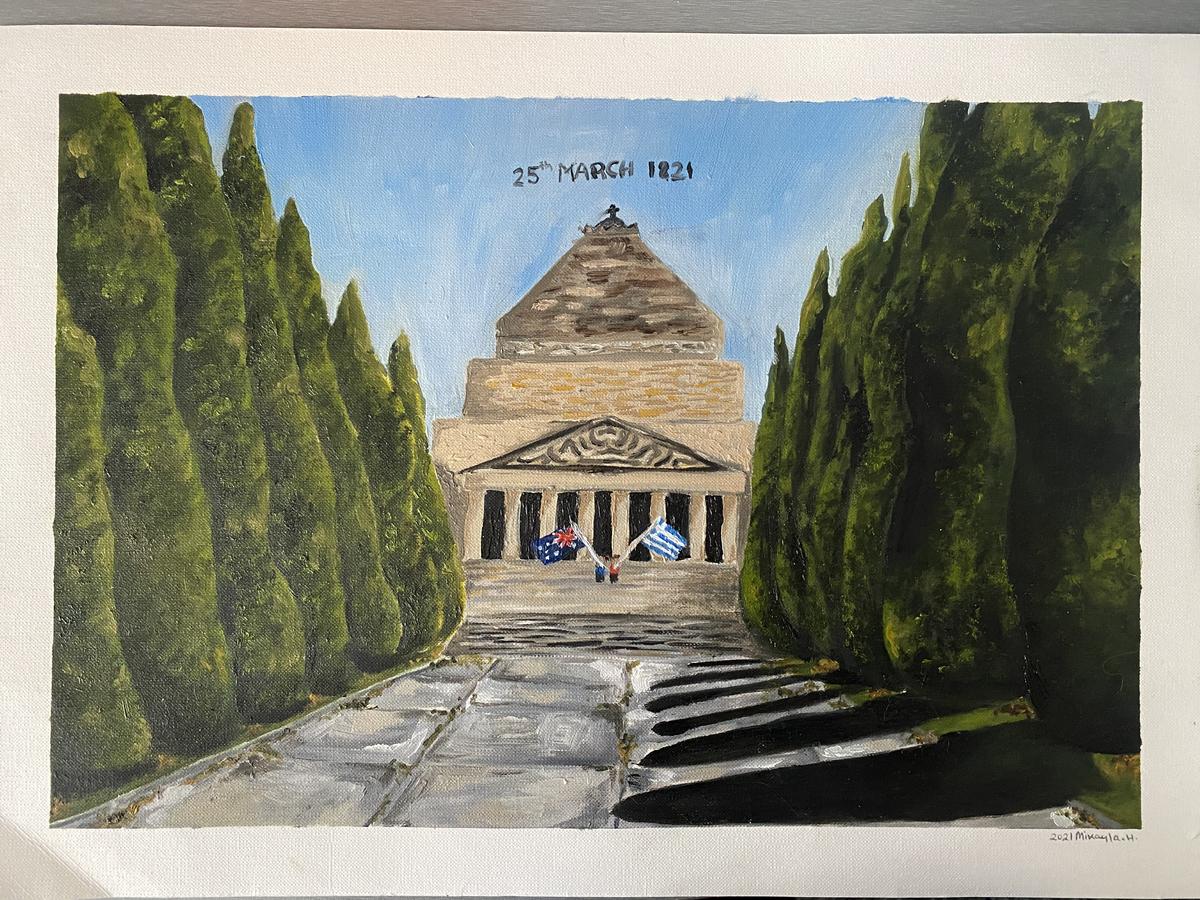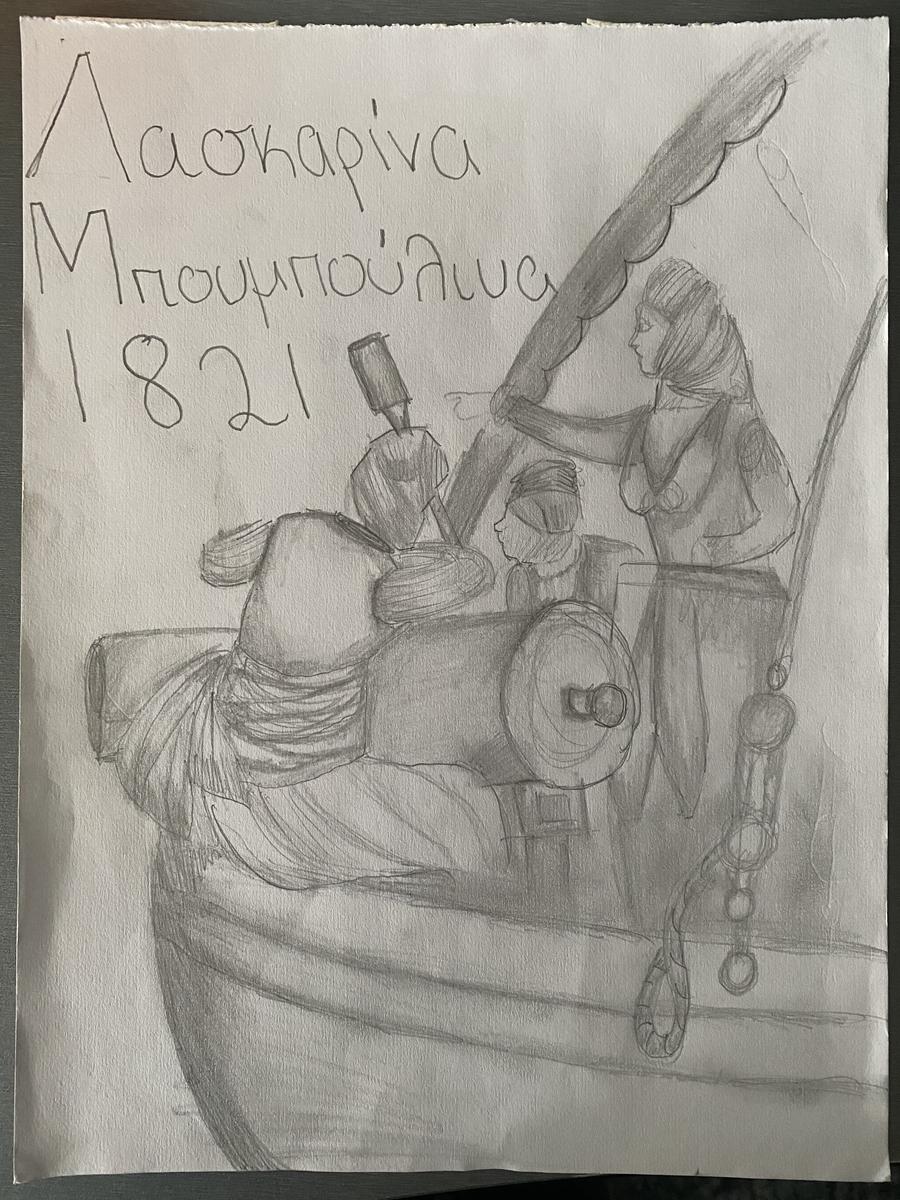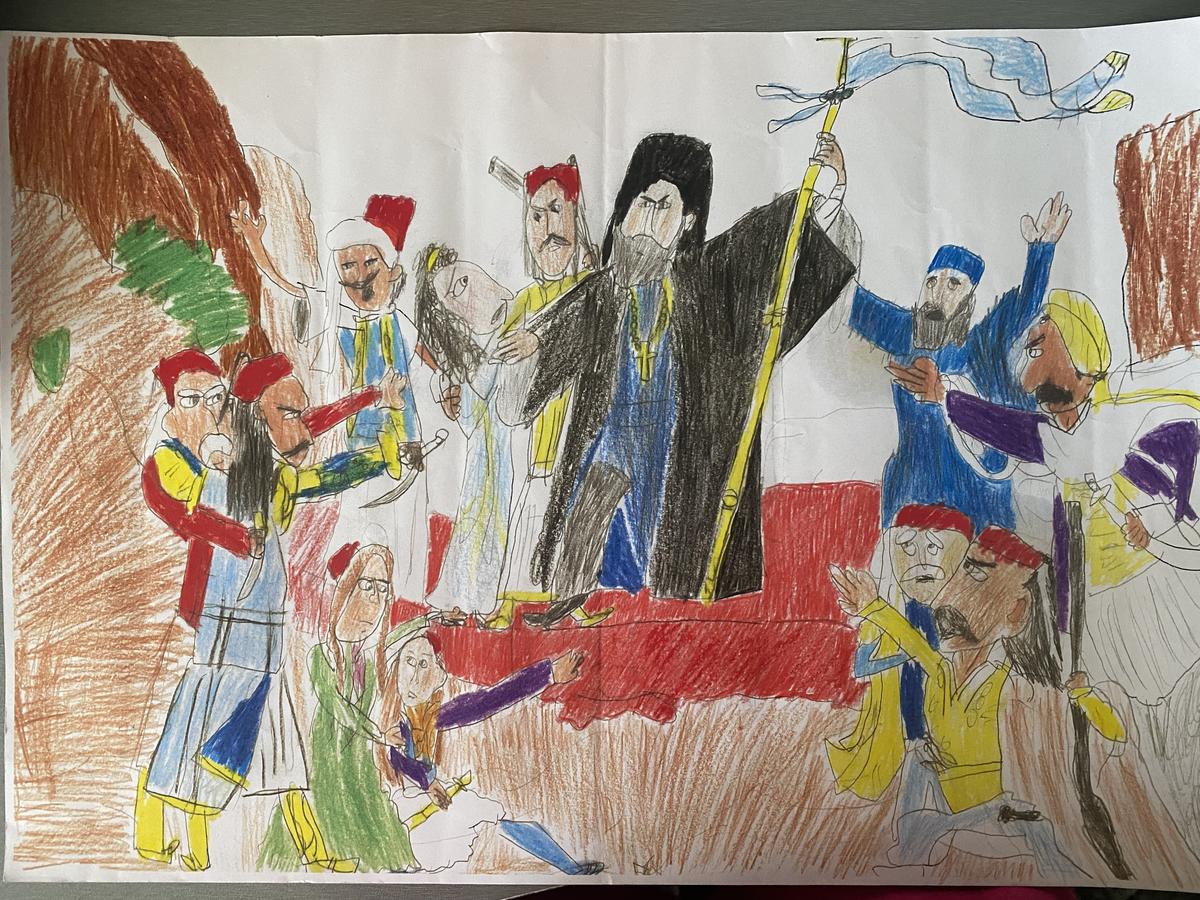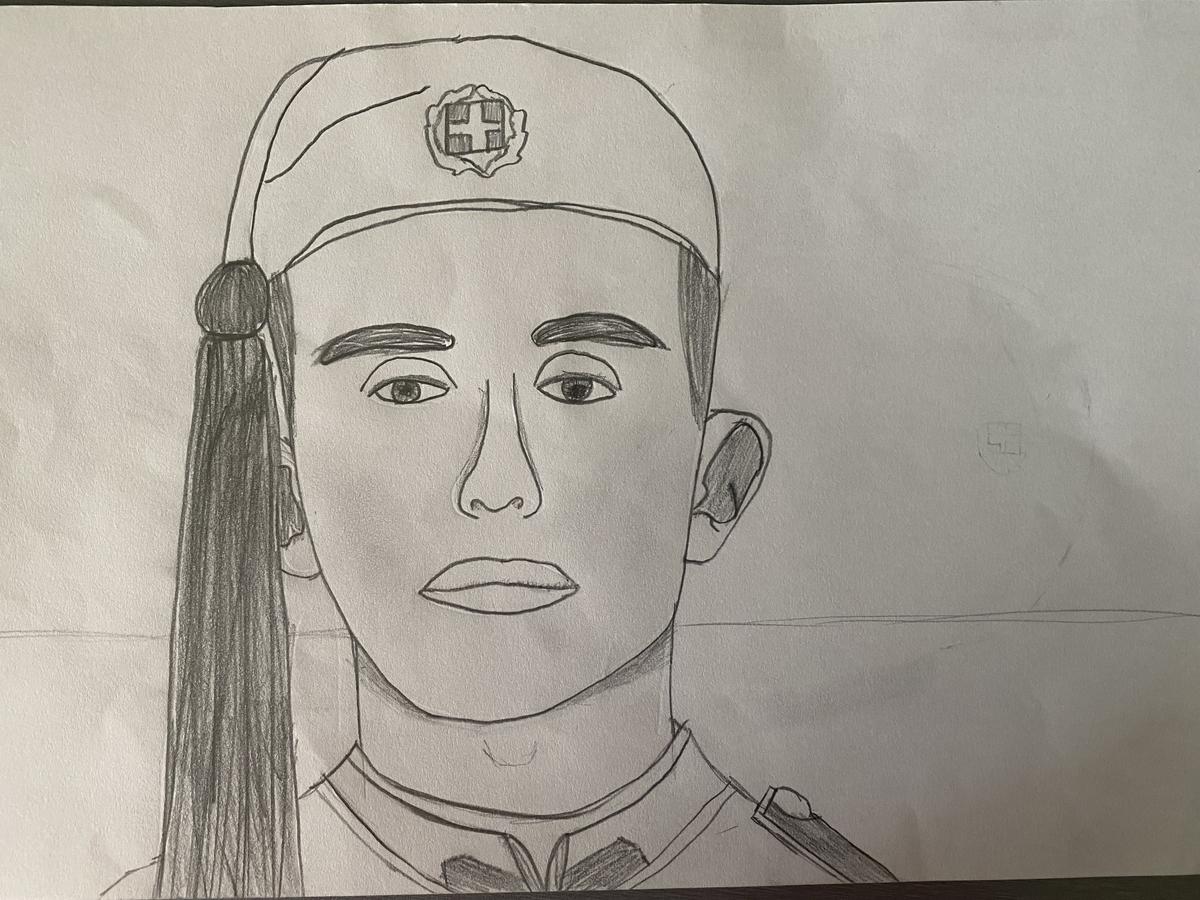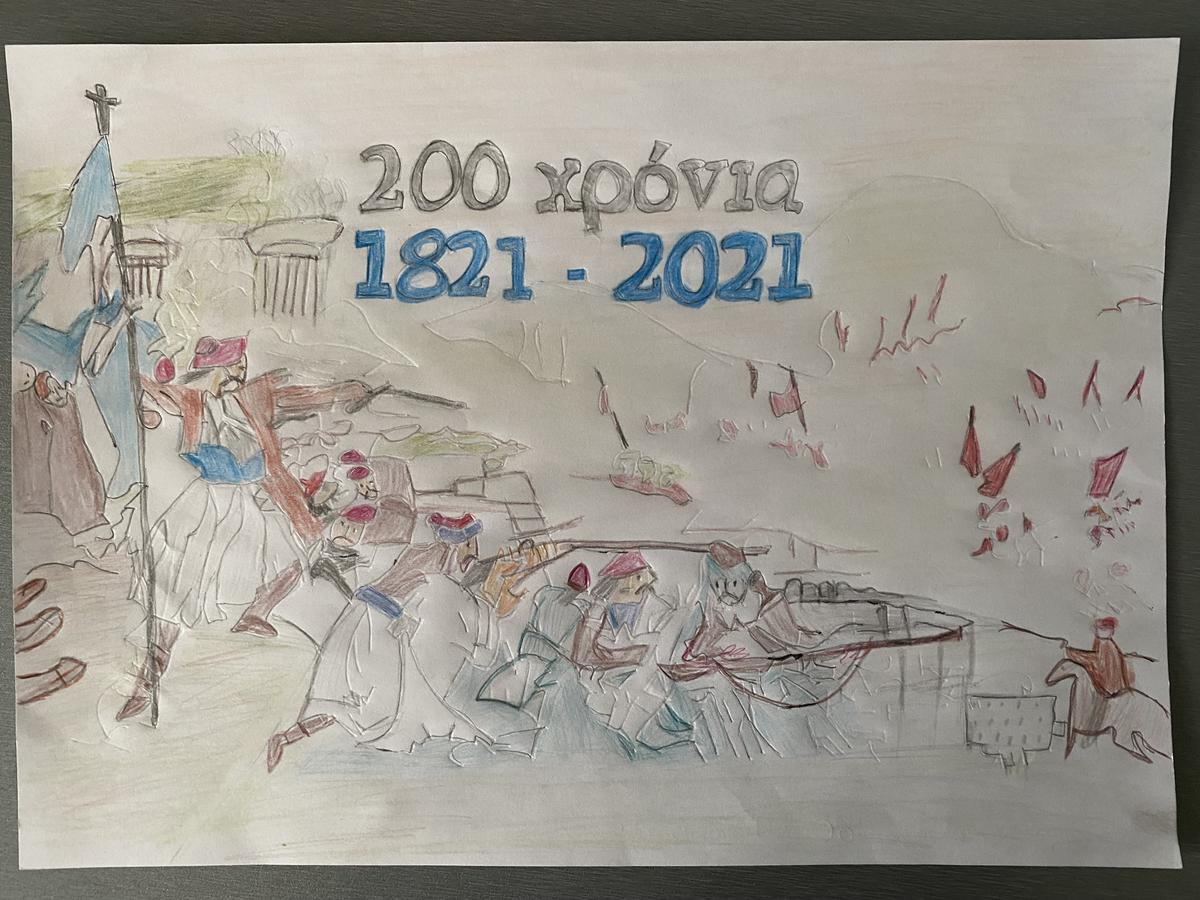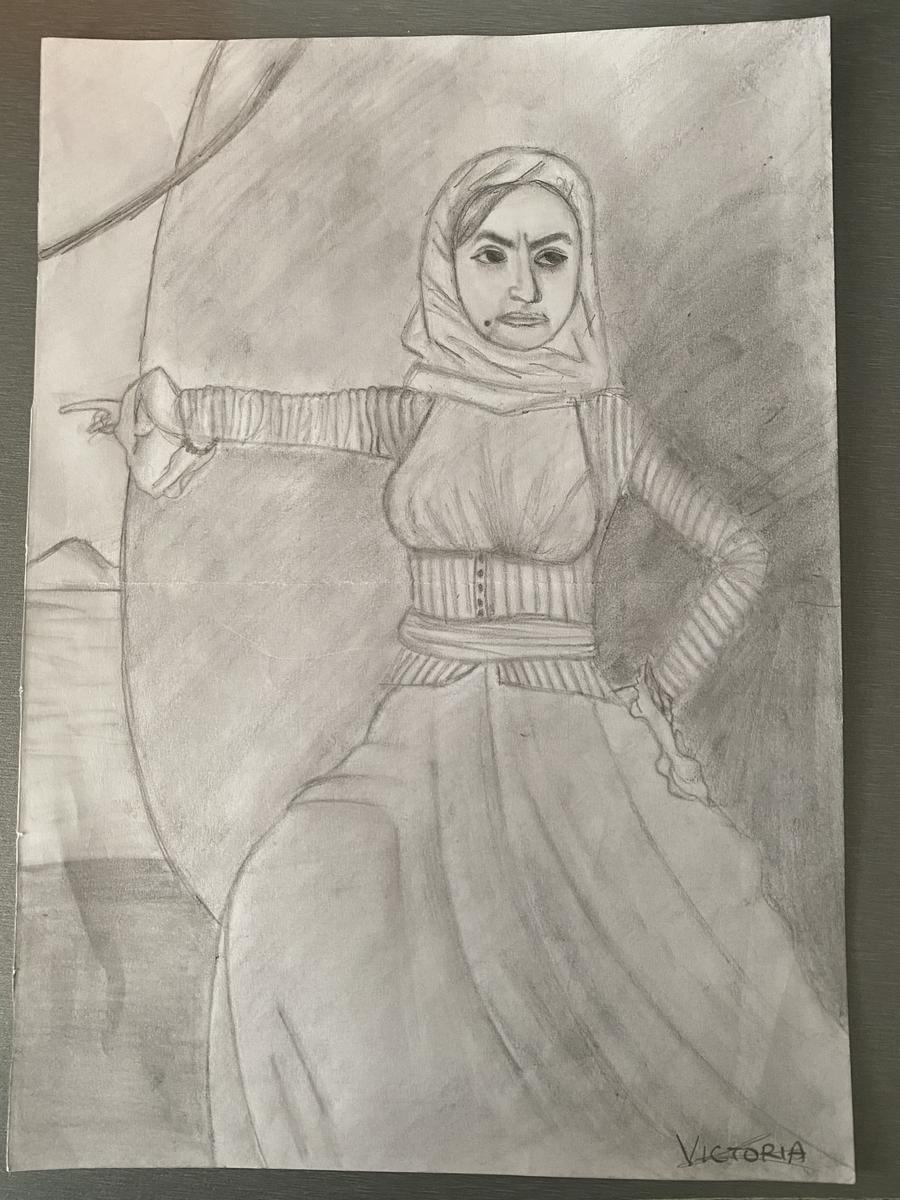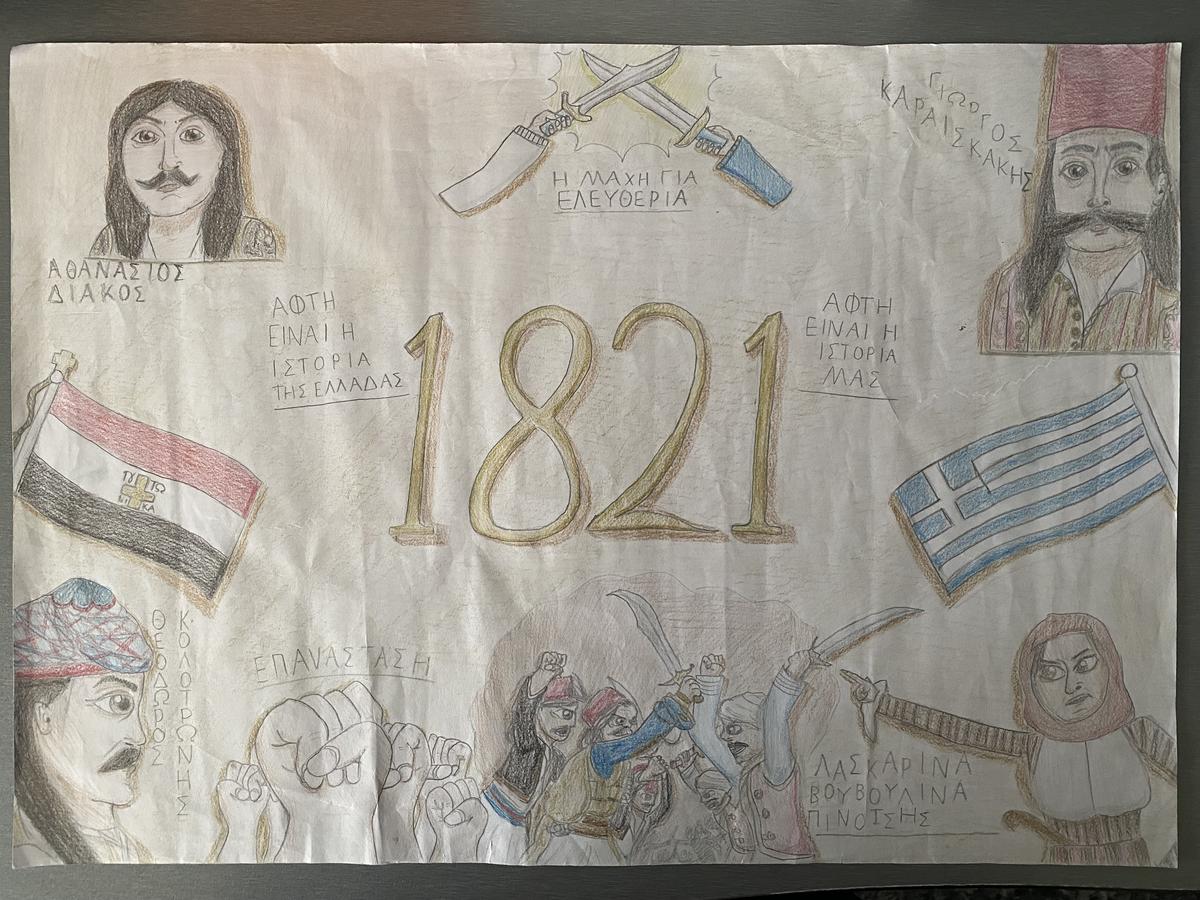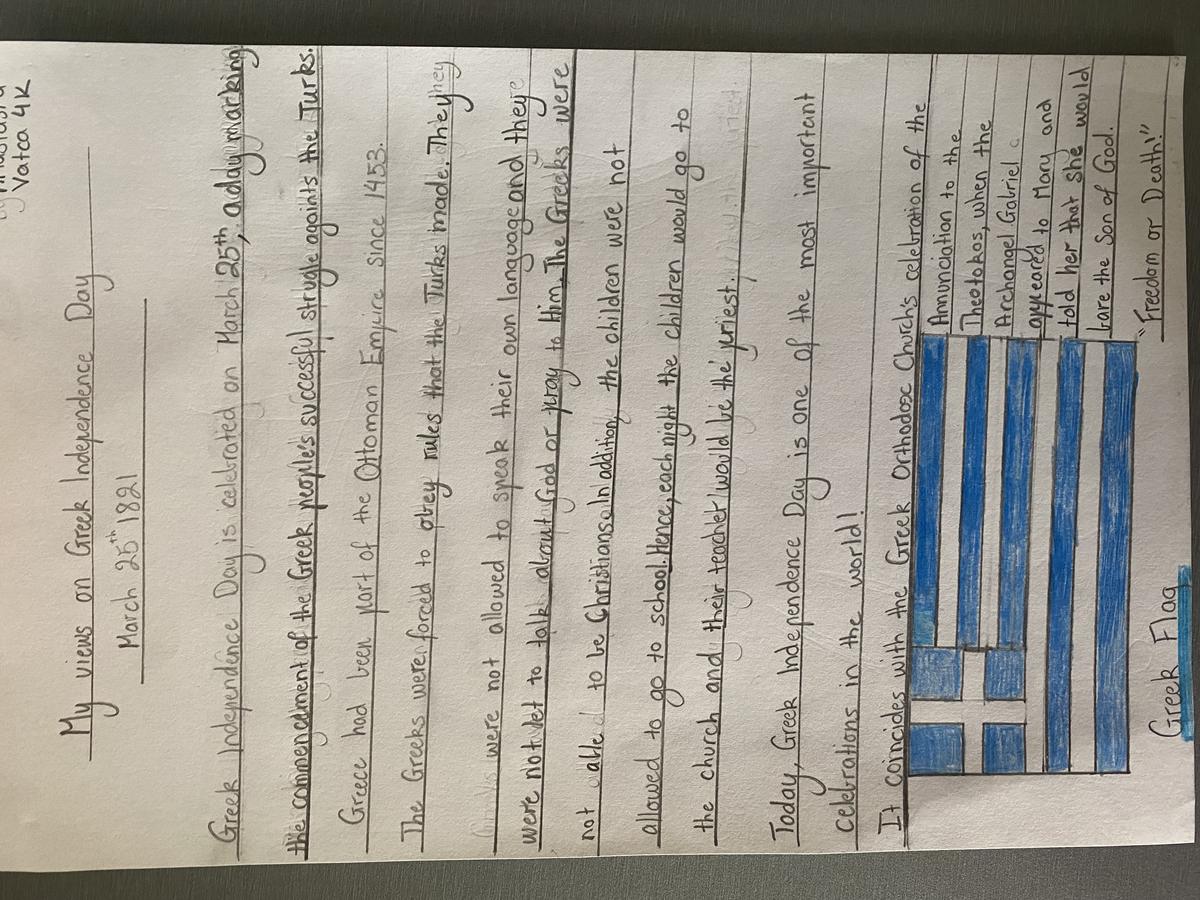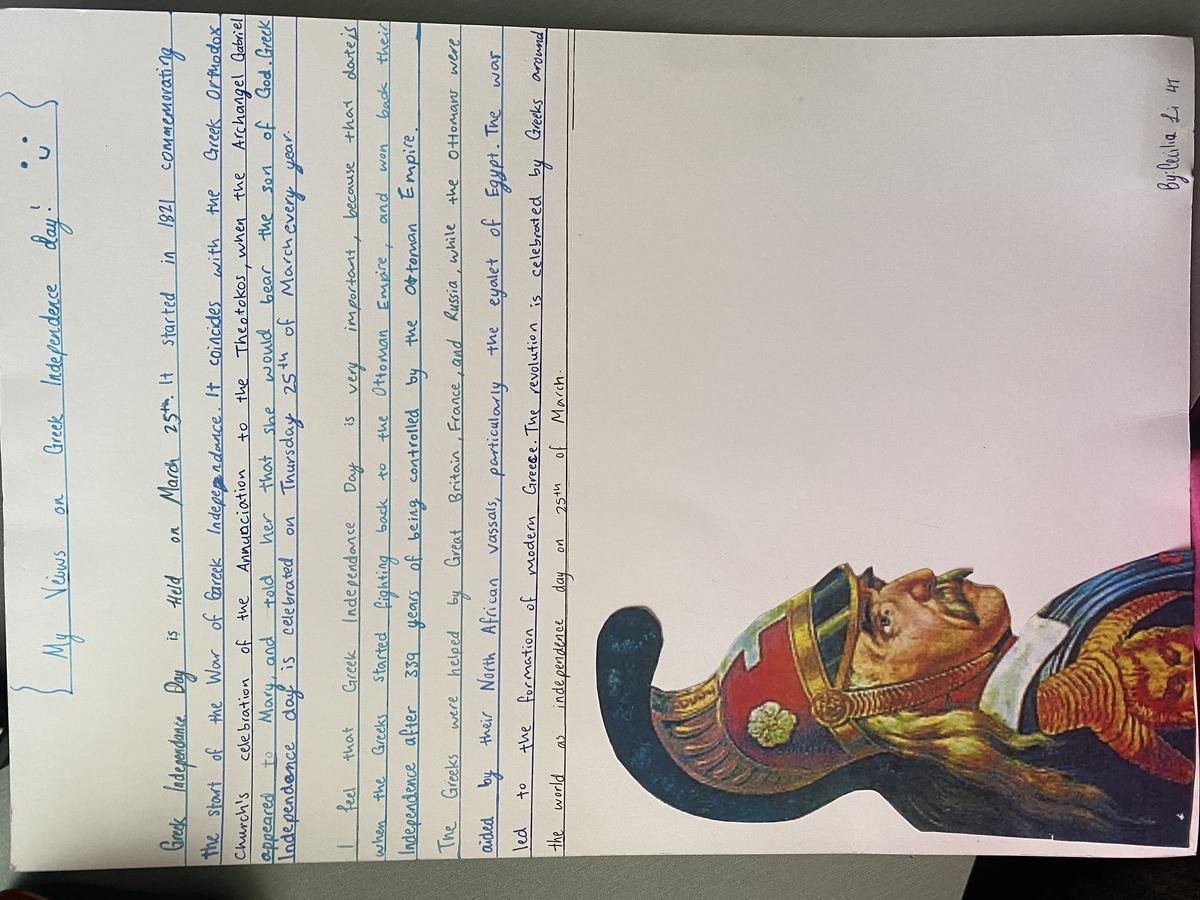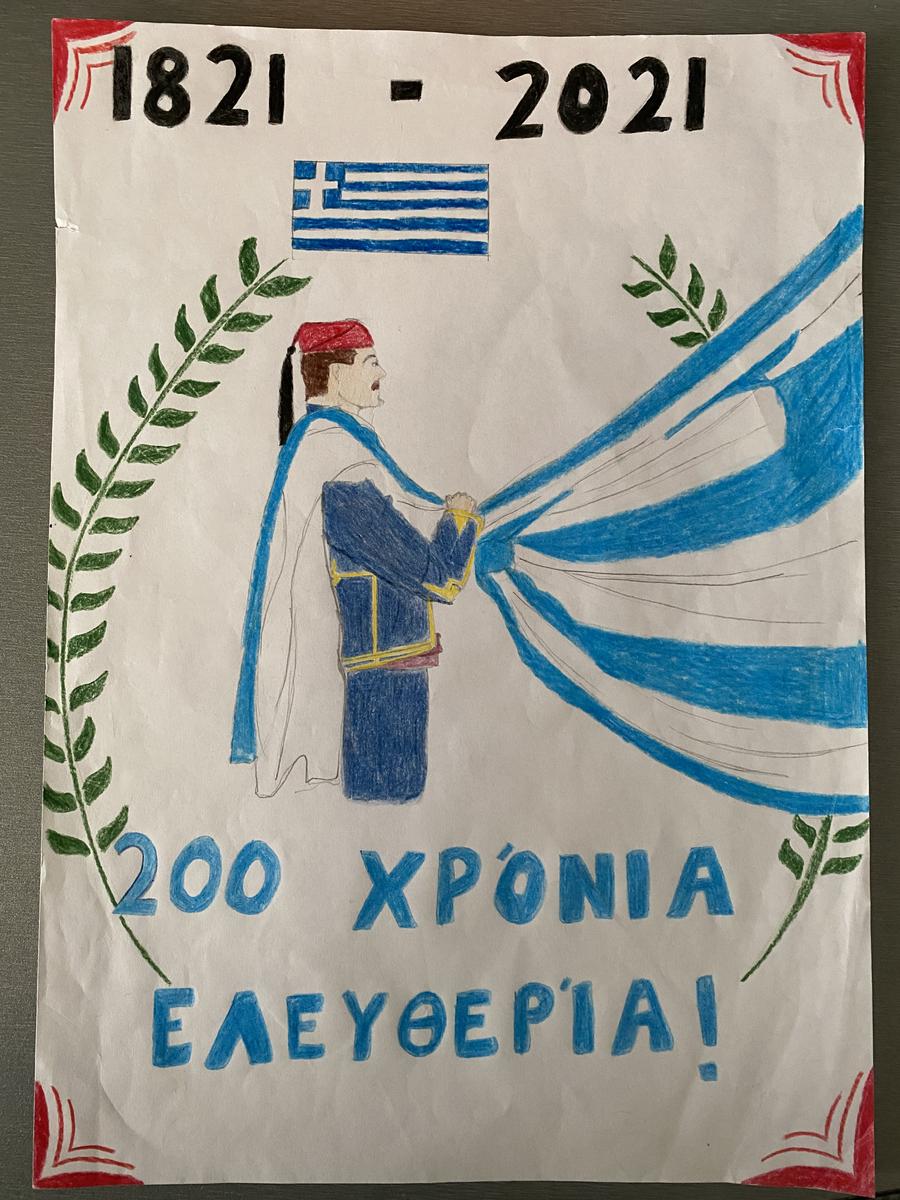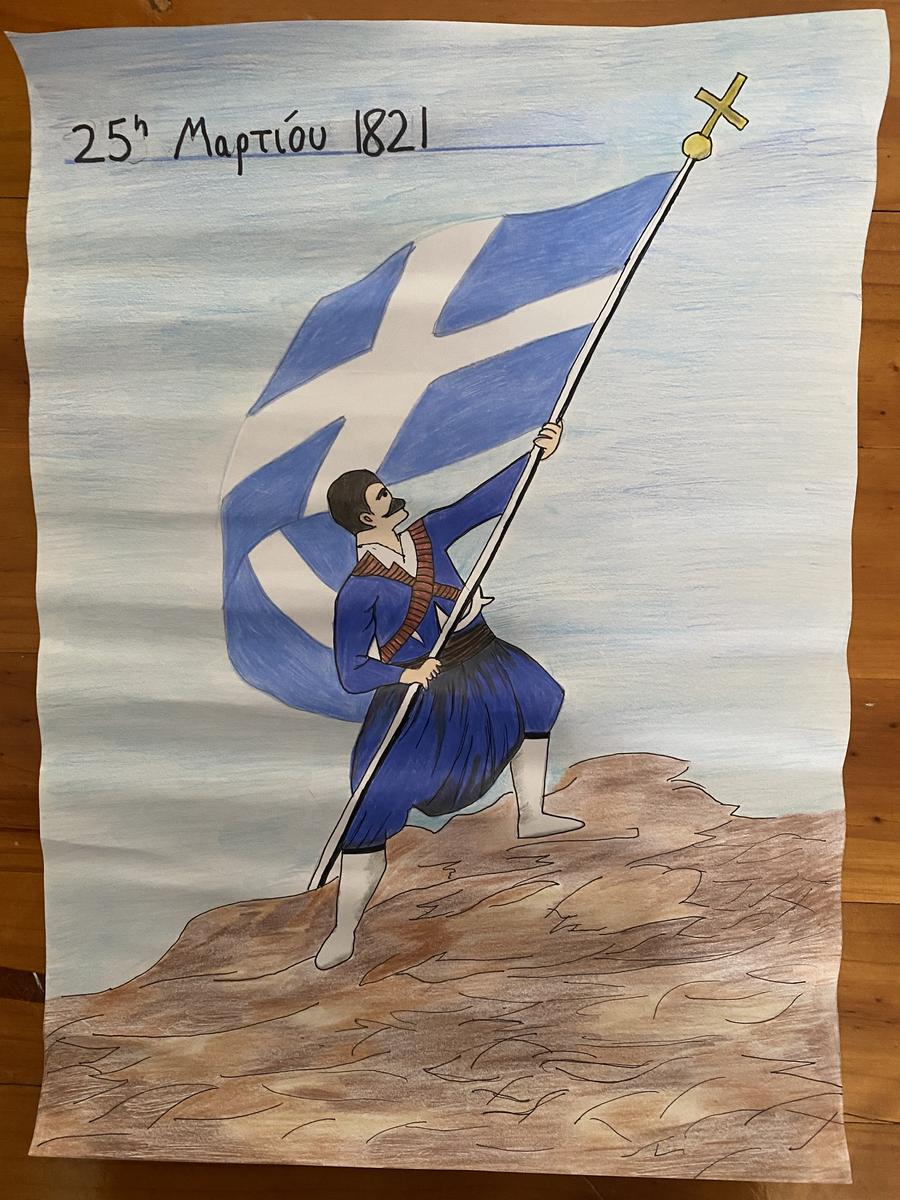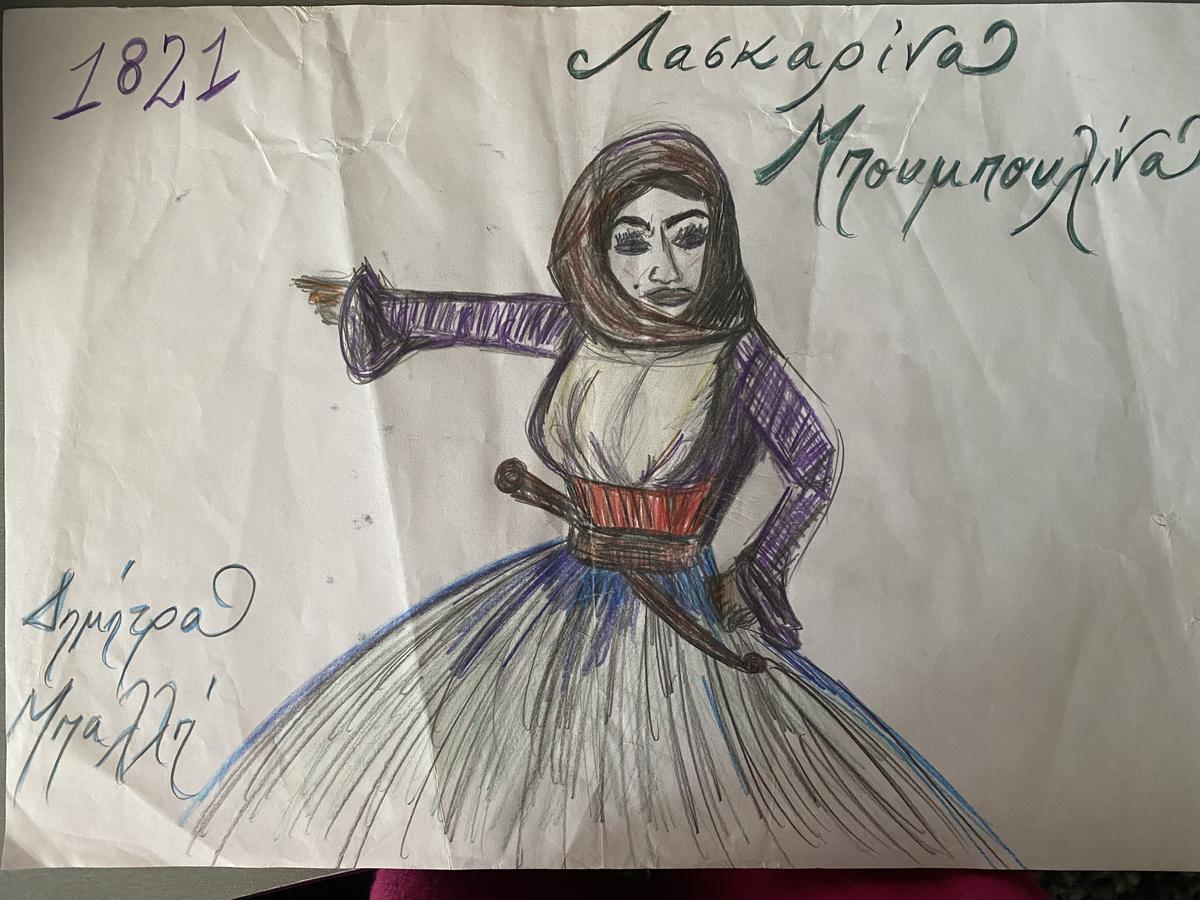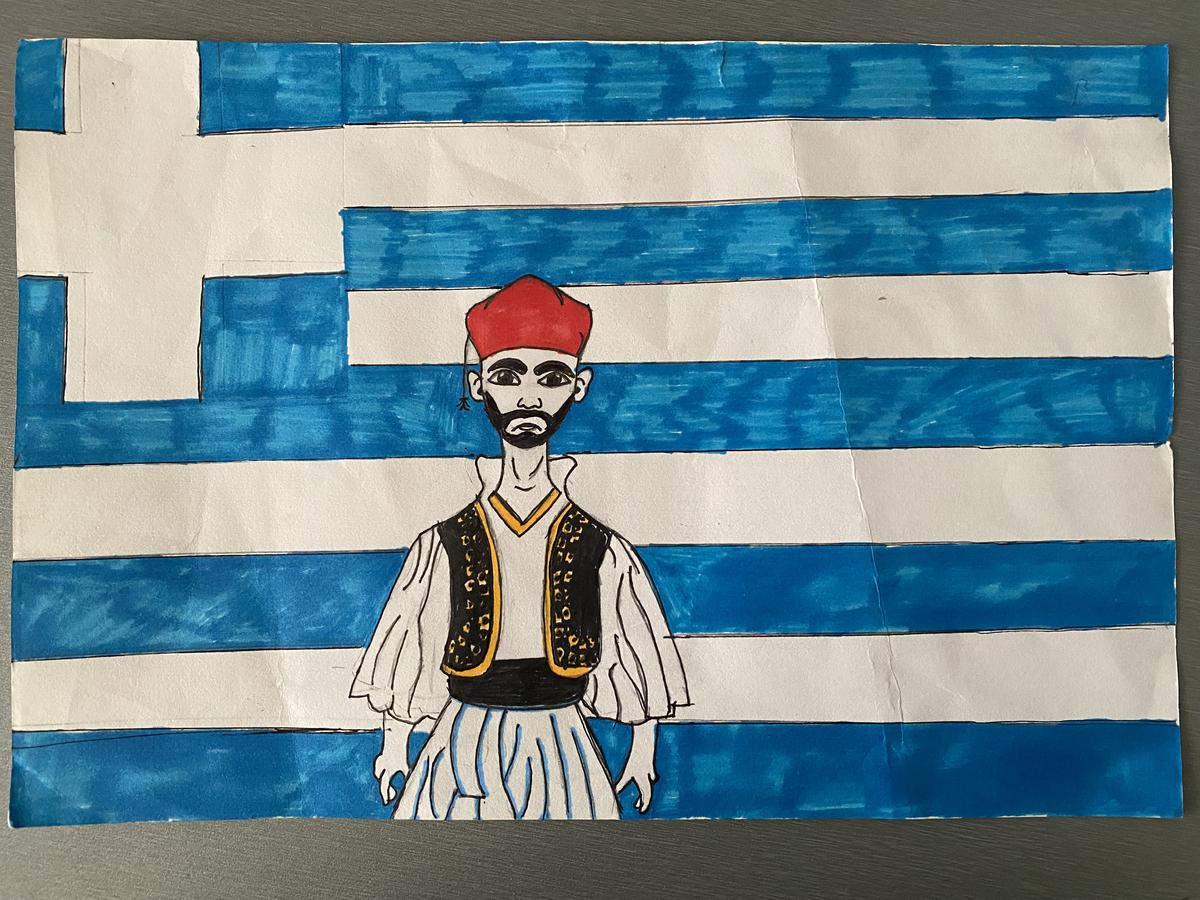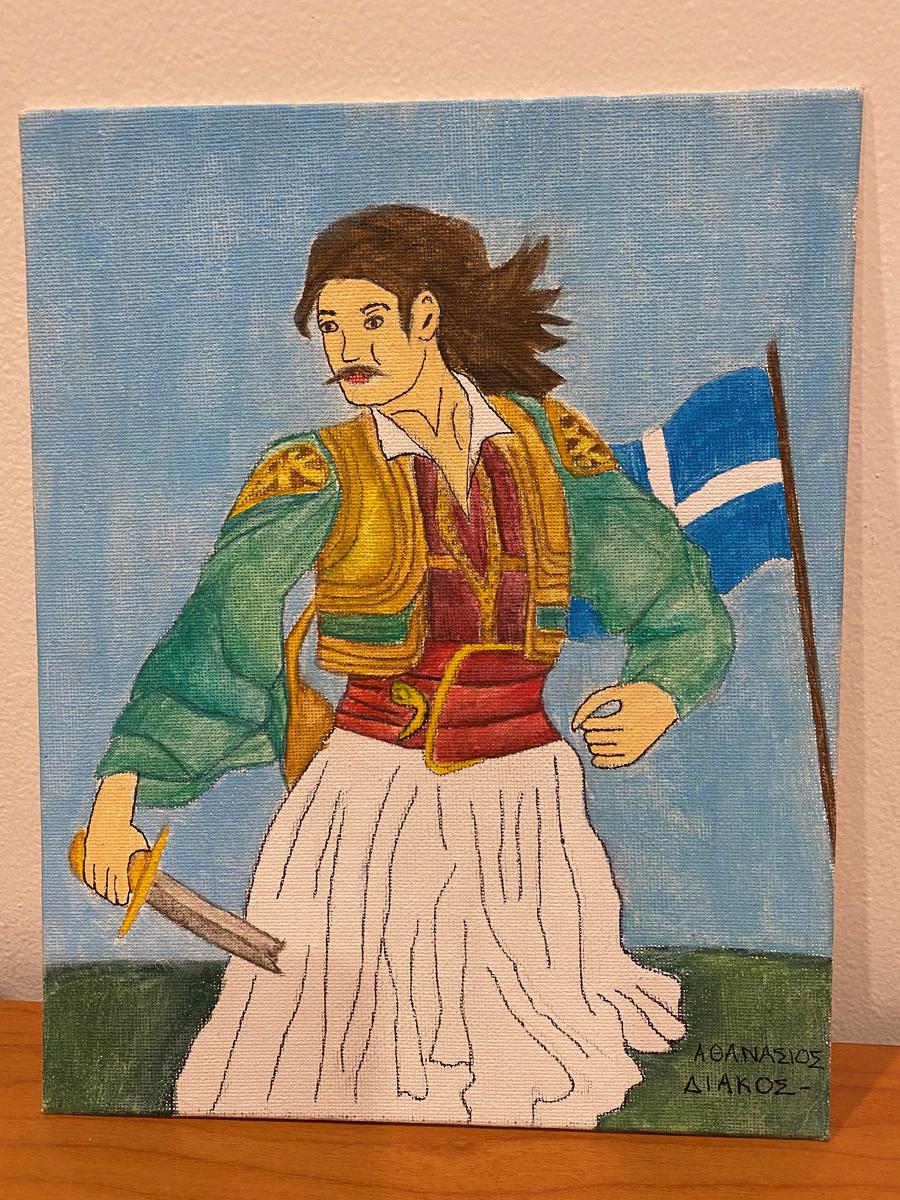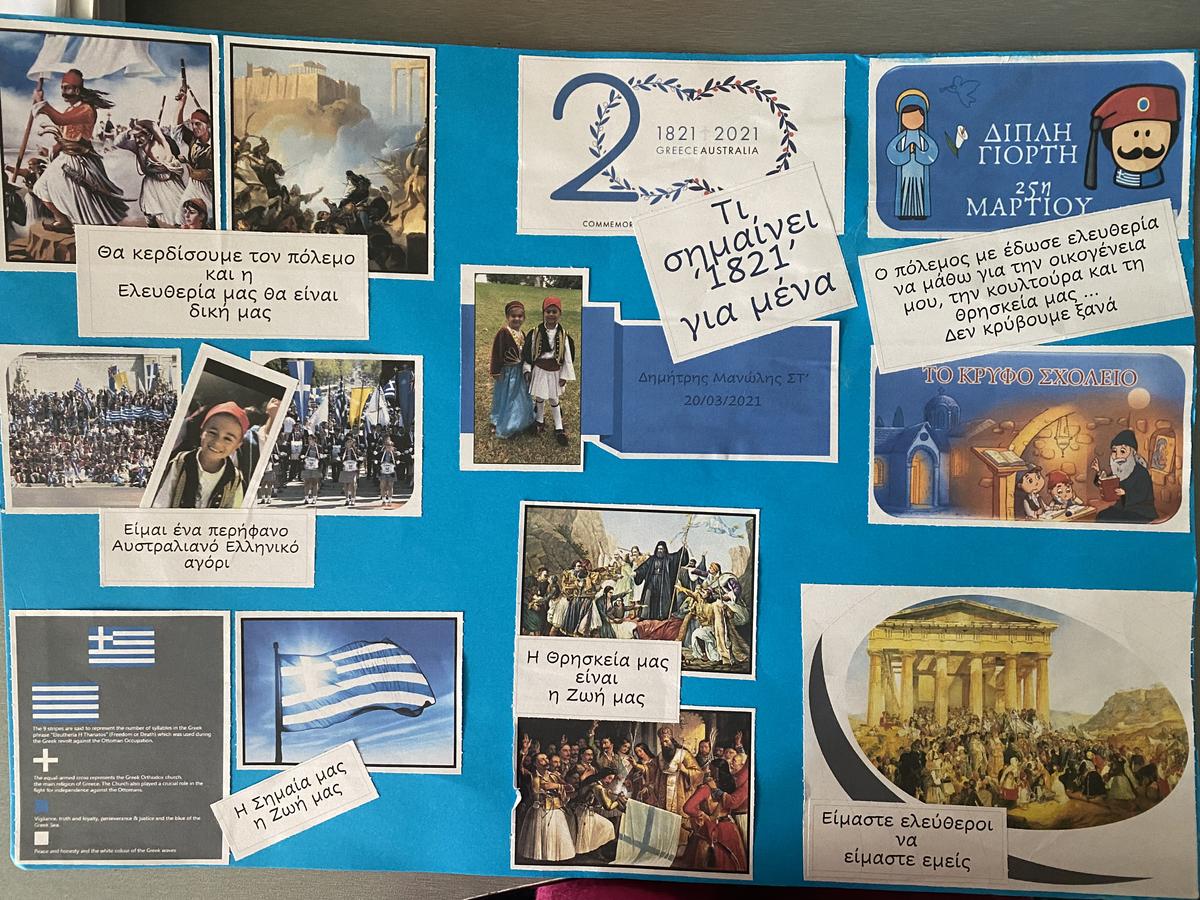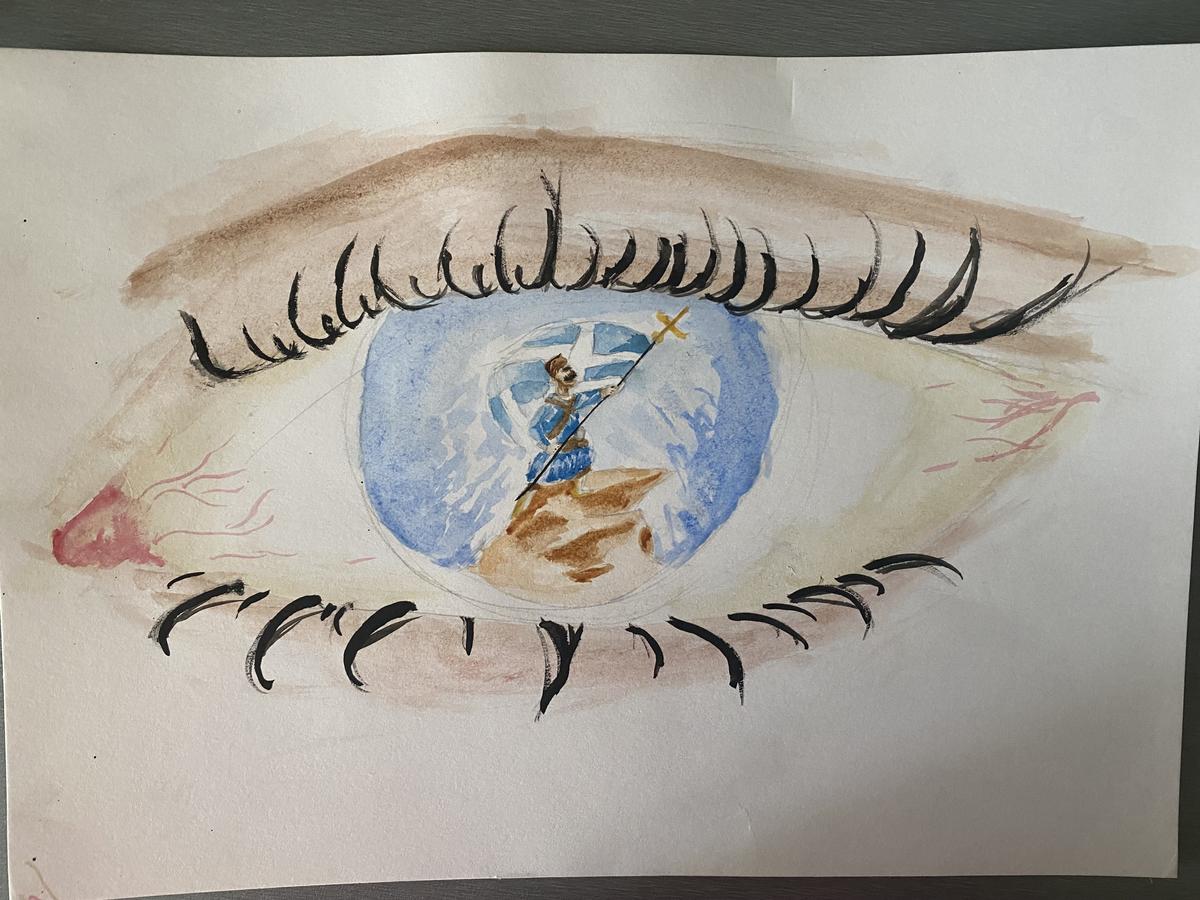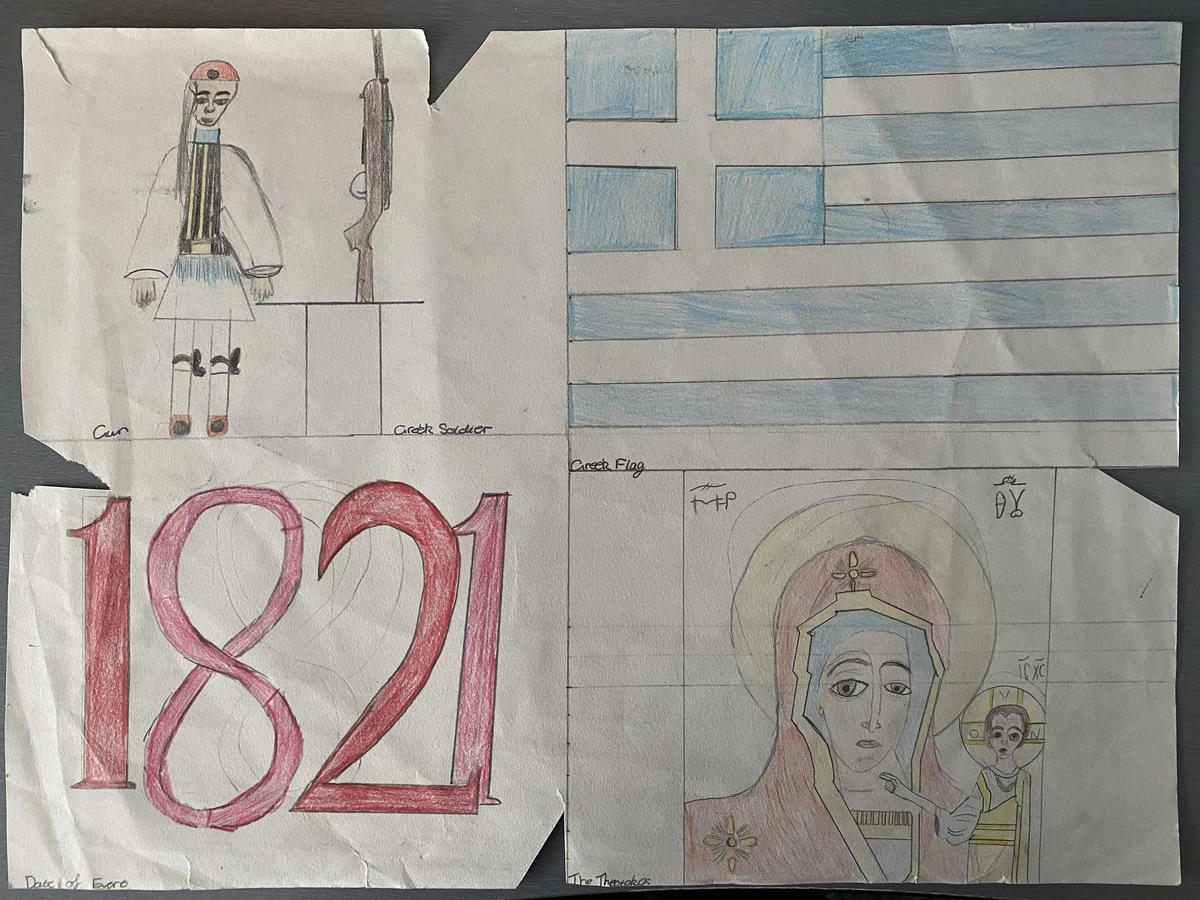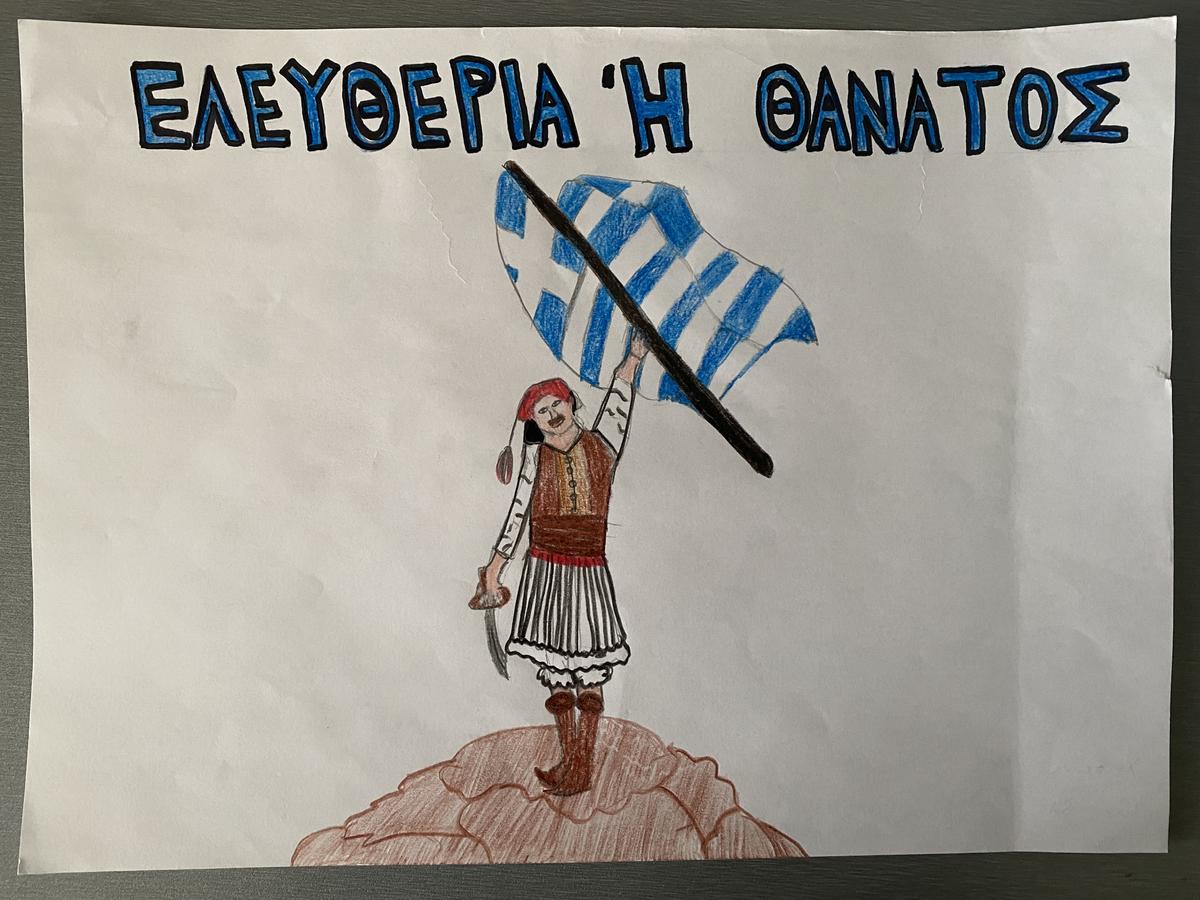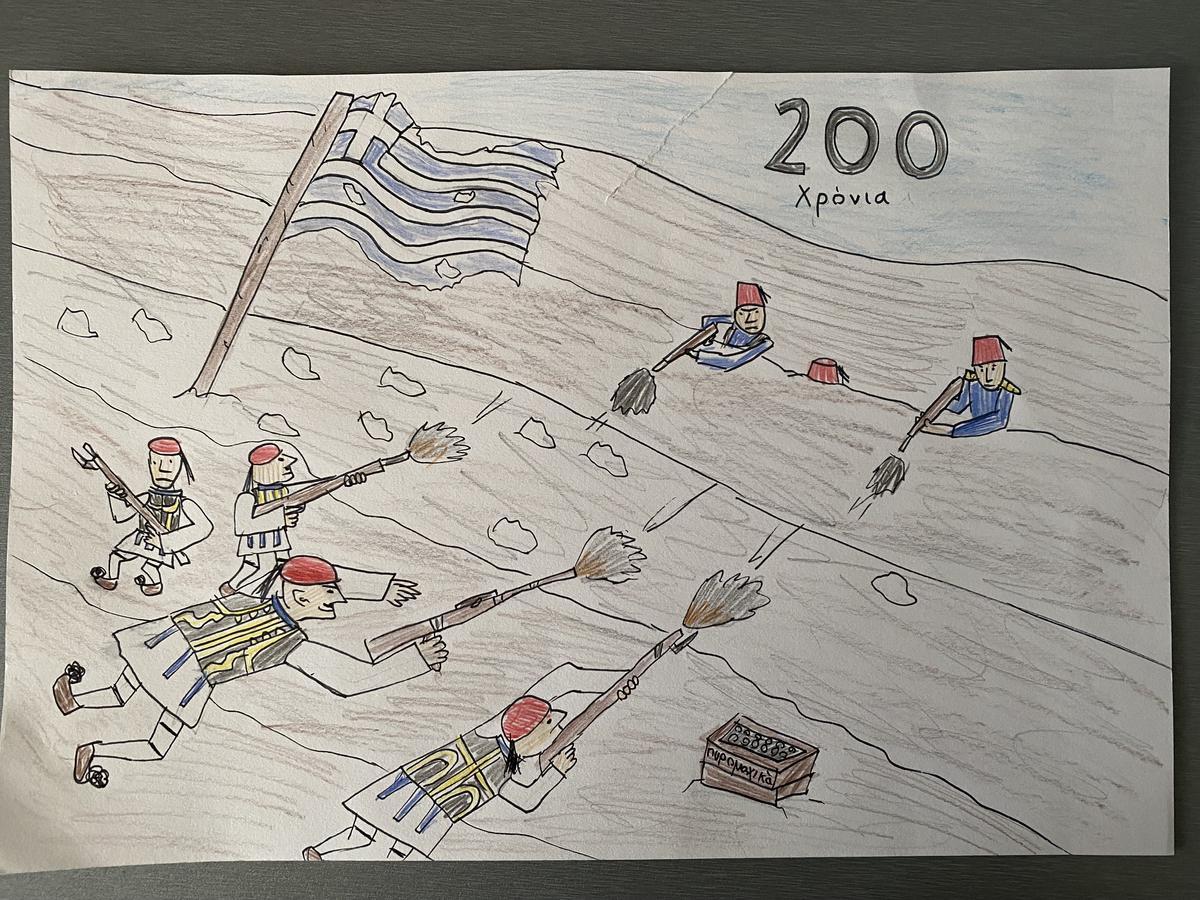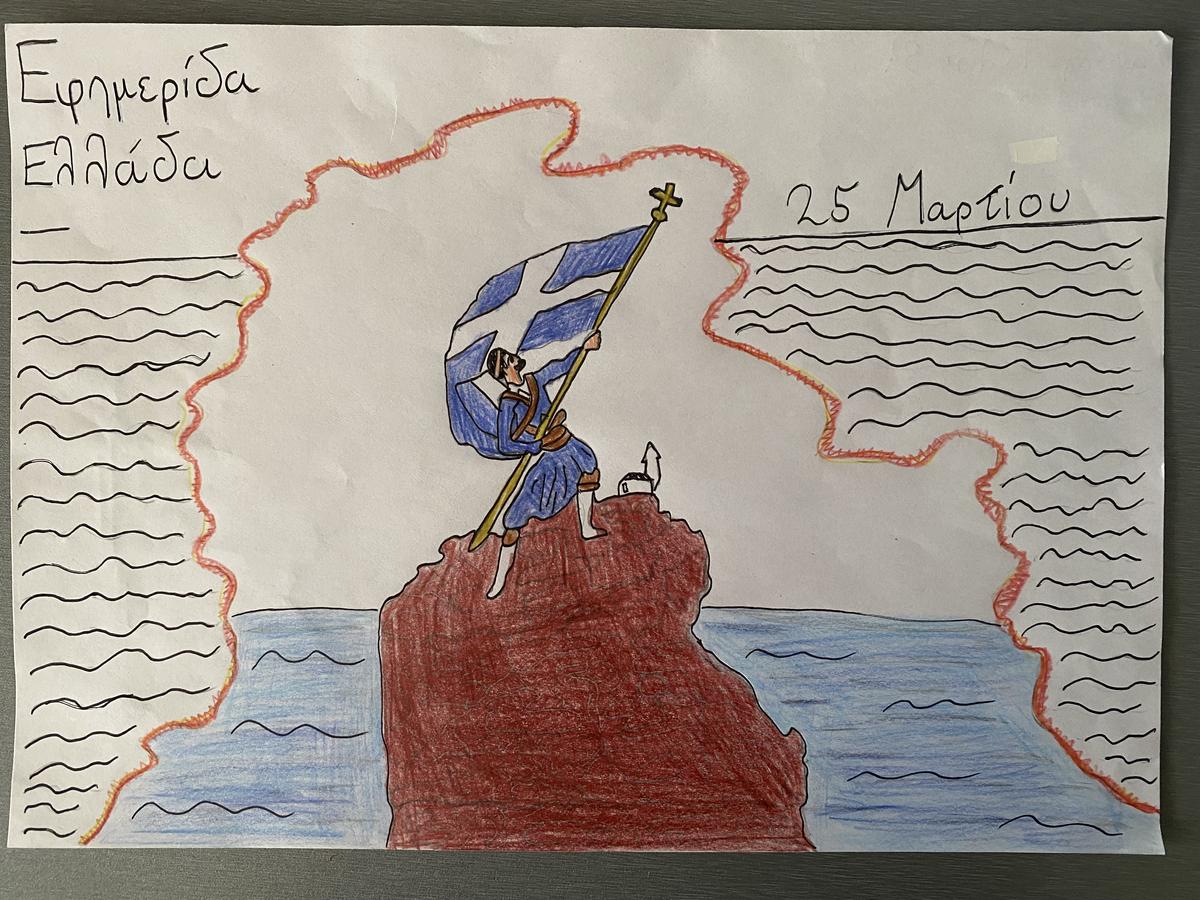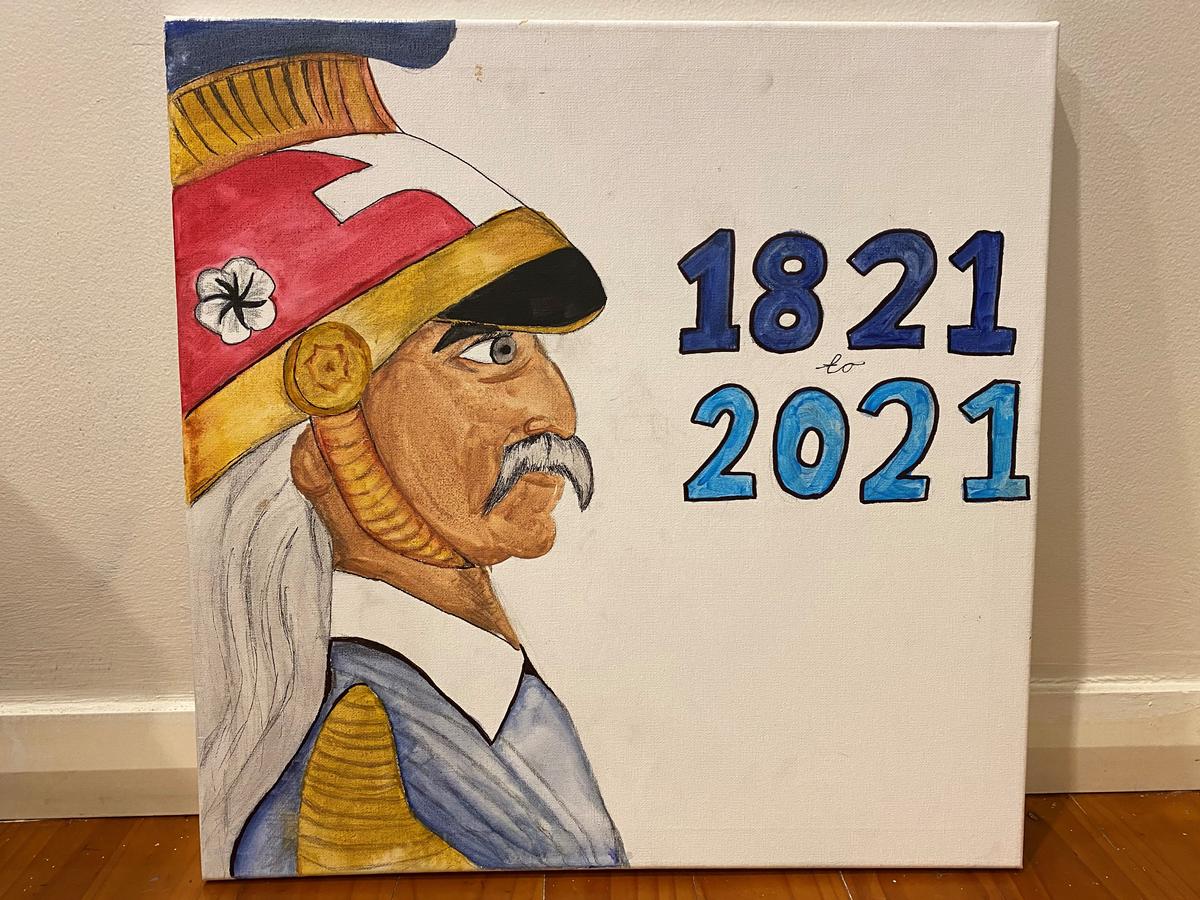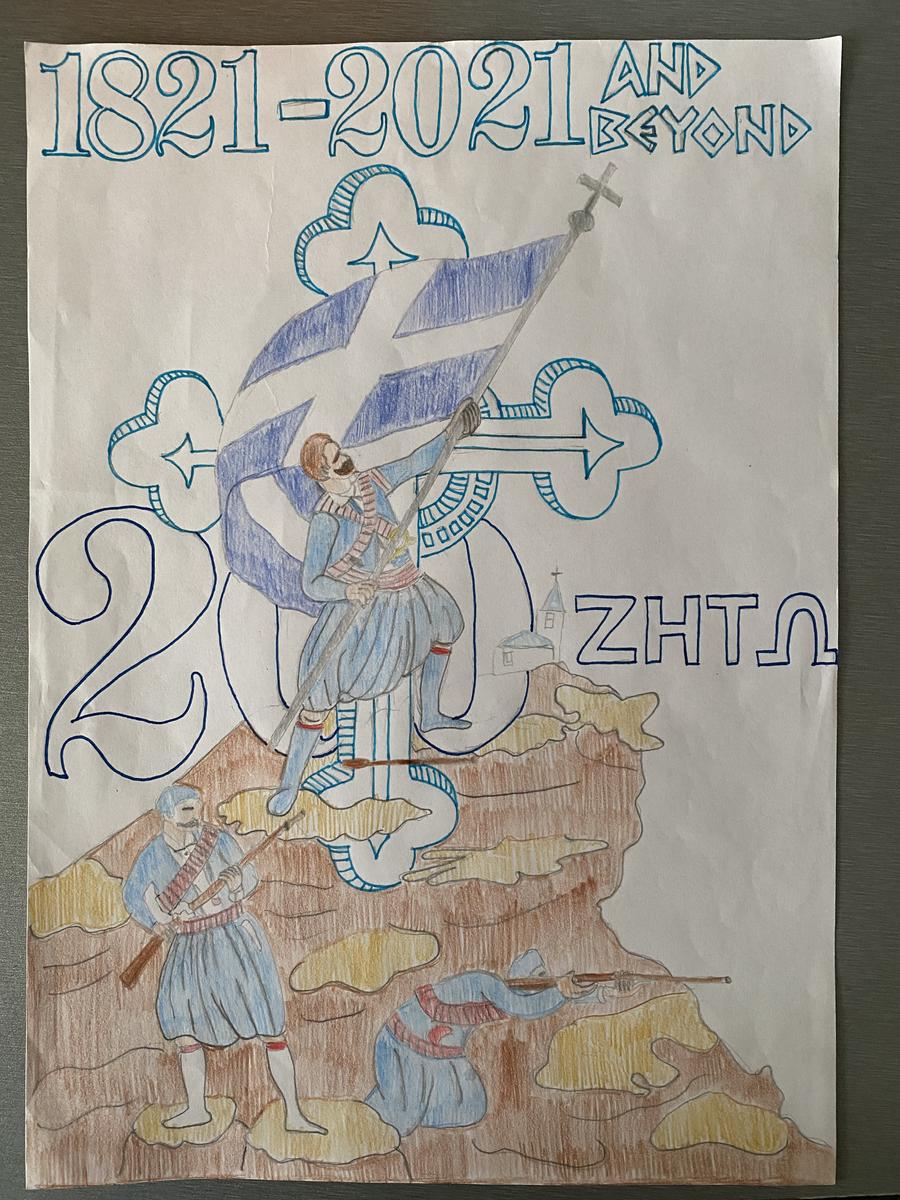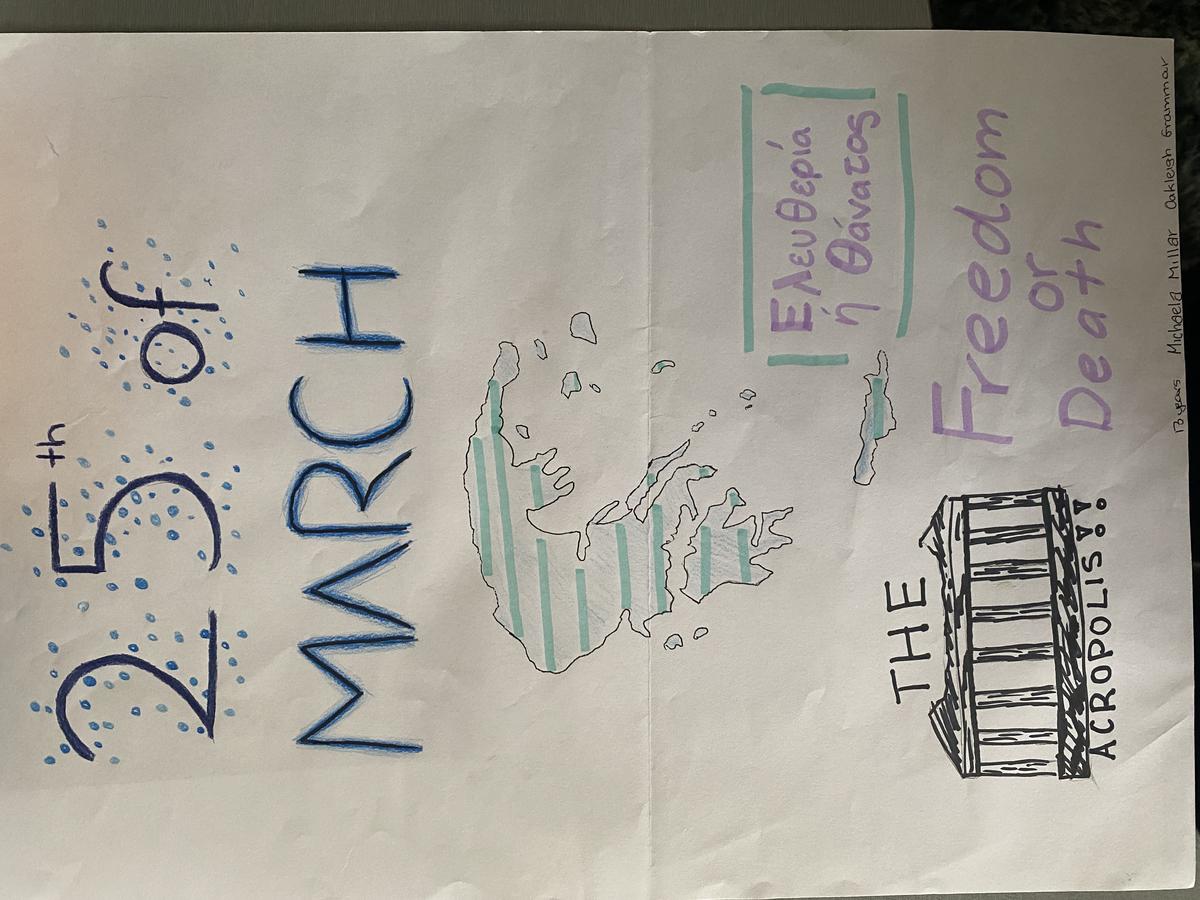Faculty News

Counselling
FIONA BAUDINETTE
Student Counsellor
Positive communication and family relationships.
Positive communication is about listening without judgment and expressing your thoughts and feelings respectfully. It strengthens relationships by helping people feel heard, understood, valued, and respected.
Some positive communication ideas.
- When your child wants to talk, stop what you are doing, sit with them and listen. If this is not possible then organise a time when you can.
- Listen and discuss whatever your child wishes to speak about, even if it may be a difficult topic. Be honest and open.
- Be mindful of your tone of voice when speaking to them. Try not to sound condescending, impatient, or rude. What we give, will generally come back to us!
- Pre-plan and prepare difficult conversations. If you know what you are going to say and how you will say it, you will feel more relaxed which in turn will help your child to relax. Think through your feelings and values so that you are clear when you have the conversation.
- Encourage good behaviour with praise. E.g. “It’s such a help when you empty the dishwasher without being asked. Thank you!”
- Let your children know that you love them and appreciate them. This can be done directly by saying, “I love you.” Indirectly by saying “I love the way you do ……” or non-verbally by “putting an arm around them or giving them a hug.”
Some positive non-verbal communication ideas.
- Give your child a hug. When they get home from school, when looking sad, when distressed when they are happy, or just when you have time to give them a hug! Teenagers, often say to me that they just want a hug – not a conversation from their parents. This makes them feel that you are there, that you are supporting them.
- Respect their desire not to talk. Often as parents, we want to discuss something, but our child doesn’t. Especially a teenager. Respect their wish and suggest that you are there to listen if they want to talk later.
- Be mindful of your body language and facial expressions if they are helping you with something. They will most likely not do it as well as you but try not to show your frustration unless you want it to be the last time, they help you. If you become frustrated, leave it for another time and come back to it later, or speak calmly to your child about how they could improve.
Positive communication can be about respecting someone’s desire not to talk. For example, as children move towards the teenage years, they often want more privacy. But you can stay connected with your teenage child, both through everyday activities and planned time together.
Teamwork and family relationships
When your family is working as a team, everyone feels supported and able to contribute. It’s easier to work as a team when everyone understands where they stand, so it helps to have clear expectations, limits, and boundaries.
You can encourage teamwork in some of these ways:
- Share household chores. Even very young children can enjoy the feeling of belonging that comes from contributing.
- Include children in decisions about things like family activities and holidays. Give everyone – including young children – a chance to have their say before you make the final decision. Family meetings can be a good way to do this.
- Let children make some of their own decisions, depending on your children’s abilities and maturity. For example, you might let your 12-year-old child decide whether to walk or cycle home from school.
- Create family rules together that state clearly how your family wants to look after and treat its members. For example, ‘In our family, we speak respectfully to each other’. Rules like this help everyone get along better and make family life more peaceful.
- Work together to solve problems. This involves listening and thinking calmly, considering options, respecting other people’s opinions, finding constructive solutions, and working towards compromises.
Appreciation for each other and family relationships
Valuing each other is at the heart of good family relationships. Here are some ways you might be able to do this:
- Take an interest in each other’s lives. For example, make time to go to each other’s sporting events, drama performances, art shows, and so on.
- Include everyone in conversation when you’re talking about the day’s events. For example, ‘What was the highlight for you today, Izzy?’
- Share family stories and memories. These can help children appreciate things that aren’t obvious, or that they’ve forgotten – for example, Mum’s sporting achievements when she was younger, or the way a big sister helped care for her little brother after he was born.
- Acknowledge each other’s differences, talents, and abilities, and use each other’s strengths. For example, if you praise and thank your teenage child for listening to a younger sibling reading, your child will begin to see themselves as helpful and caring.
Careers
MICHELLE MASCARO
Careers Advisor
VTAC SEAS applications – Due 9th September. See Mrs. Frame ASAP to finalise
Pathways Programs to University in 2022
There are many different ways to get to the same destination, and that applies with uni too. Whether your ATAR was not high enough, did not attain the study scores, or are a non-assessed VCE student. Attached are many pathway schemes.
Middle Years Programme
MELISSA FITZGERALD
IB MYP Coordinator
MYP Personal Project News
LOTE
ANASTASIA SPANOS
Acting Head of LOTE - Greek and Mandarin
Oakleigh Grammar students have been very active in their LOTE classes during Remote Learning!
Year 10 students during Chinese lessons talked about the Olympic Games. They learnt to say and write different sports in Chinese.
Year 8 students during Greek lessons jumped into the kitchen and created their own video with their favourite recipe.
Junior School students celebrated Science Week in Greek classes. Year 1 focused on the ingredients for healthy ice cream. They watched a video on a healthy ice cream made by the famous Greek Chef Akis Pretentzikis, discussed ingredients that can be used to make a healthy ice cream and they made their own yummy ice cream. Year 2 and Year 4 students made their own Greek recipes of Fruit Salad and Muesli Bars. Finally, Year 3 and Year 5 experienced different recipes for cupcakes and biscuits. Well done to Junior School students for becoming the Chefs of the week!
Language and Literature
LOUISE CROSSLEY
‘Zest for life’, an Oakleigh Grammar Value that Transcends the Classroom
The spirit of our students has shone in response to COVID-19 and its interruption to normal school life. During the most recent lockdown, Year 8 students, among students across Year levels, demonstrated positive attitudes and maturity.
A lesson researching Baz Luhrmann, the producer of the Year 8 Language and Literature class text, ‘Australia’, provided this opportunity. While building skills in comparative language and sentence awareness (imperative, indicative, and conditional), the students considered the vocabulary and structure of the texts before emulating the experts’ style in their own work. Studying Luhrmann’s motivational essay, ‘Everyone is Free to Wear Sunscreen’, and Regina Brett’s, ’45 Lessons Life Taught Me’ provided worked examples and inspiration. This task reduced reading time (the essay is in audio form) in consideration of eye strain without compromising the MYP focus on Analysing, Organising, and Using Language; demonstrating Oakleigh Grammar’s efficient Remote Learning Model. Congratulations, Year 8. Your positive life lessons show your heart and spreads your positivity.
Sample of Students’ Lessons in Life
‘Action produces greater clarity than thought. In contrast to dreamers and thinkers, those who take risks are greater in knowledge and experience.’ - Mary Alexopoulos
‘When we think of knowledge, we tend to think of someone smart and has money. However, a knowledgeable person is made up of many talents and has no fear of sharing them.’ - Yianni Katsipodas
‘Those people who look at fear in the eyes and say come at me, are the real risk-takers in life. In contrast to someone who looks away when the challenge is in front of them, they will never know what it is like to have risks in life as they fear every obstacle that approaches them.’ - Yianni Katsipodas
‘Something you have worked hard for brings more satisfaction than something that comes easy.’ - Benjamin Evans
‘Instead of complaining about anything, learn to be grateful for everything.’ - Ava Smirnako
Hellenic Culture
ANASTASIA SPANOS
Hellenic Culture Coordinator
The Organisational Committee for Greek National Day under the auspices of the Greek Orthodox Archdiocese of Australia and in conjunction with the General Secretariat for Greeks Abroad hosted a state-wide student and youth competition titled “Ambassadors 200”.
The aim of this competition was for the youth of Victoria to have the opportunity to actively participate in the celebration of the 200th anniversary of the beginning of the Greek Revolution.
Participants were asked to explain what 1821 means to them. Each participant had the opportunity to present their views through an essay, a poem, a drawing, a PowerPoint presentation, a poster, an interview, a song, a painting, or an object.
There were 400 students who took part in this special competition. From Oakleigh Grammar 111 students submitted some amazing projects! We are very excited to announce 64 of our students won and achieved the title “Ambassadors 200”! Congratulation to all students who took part and represented Oakleigh Grammar in this state-side competition.



